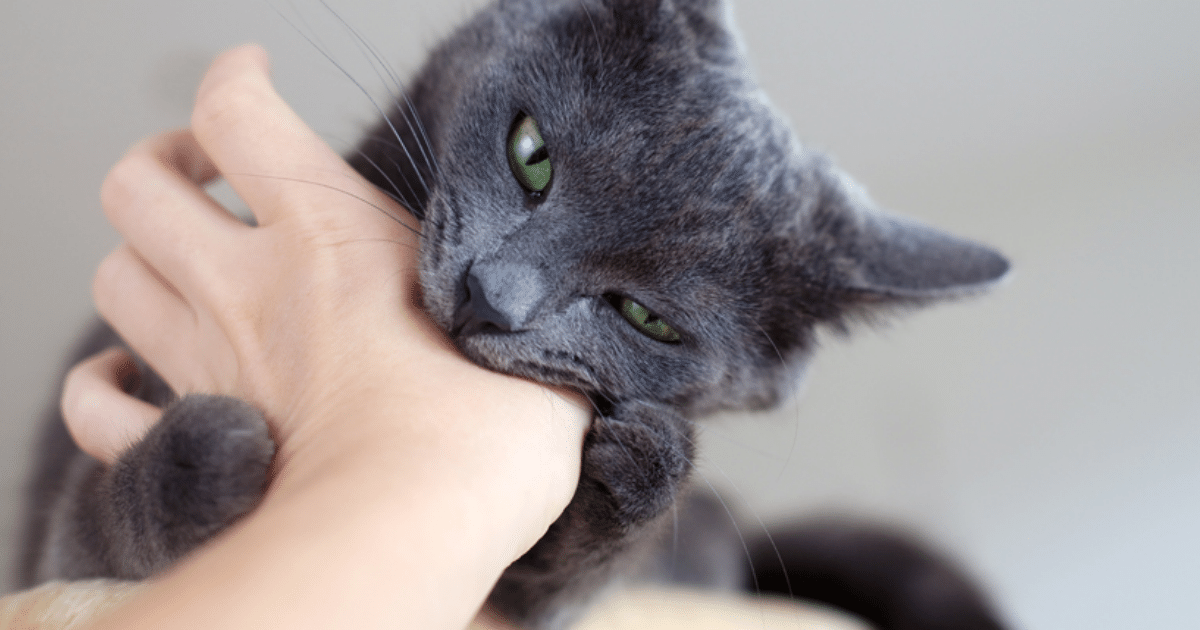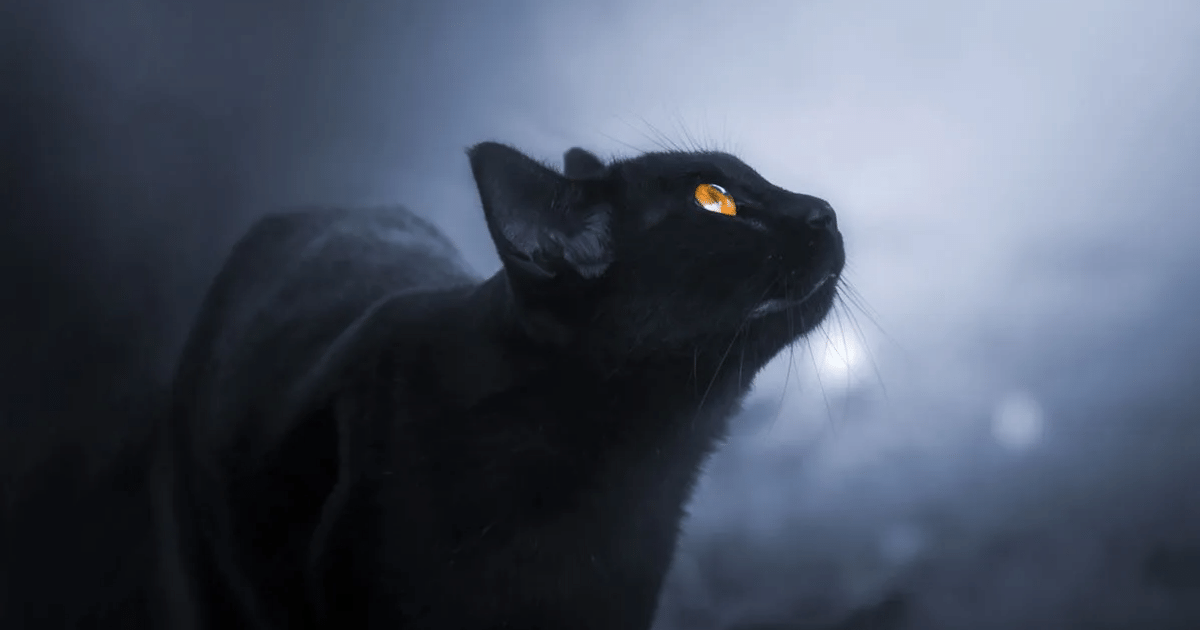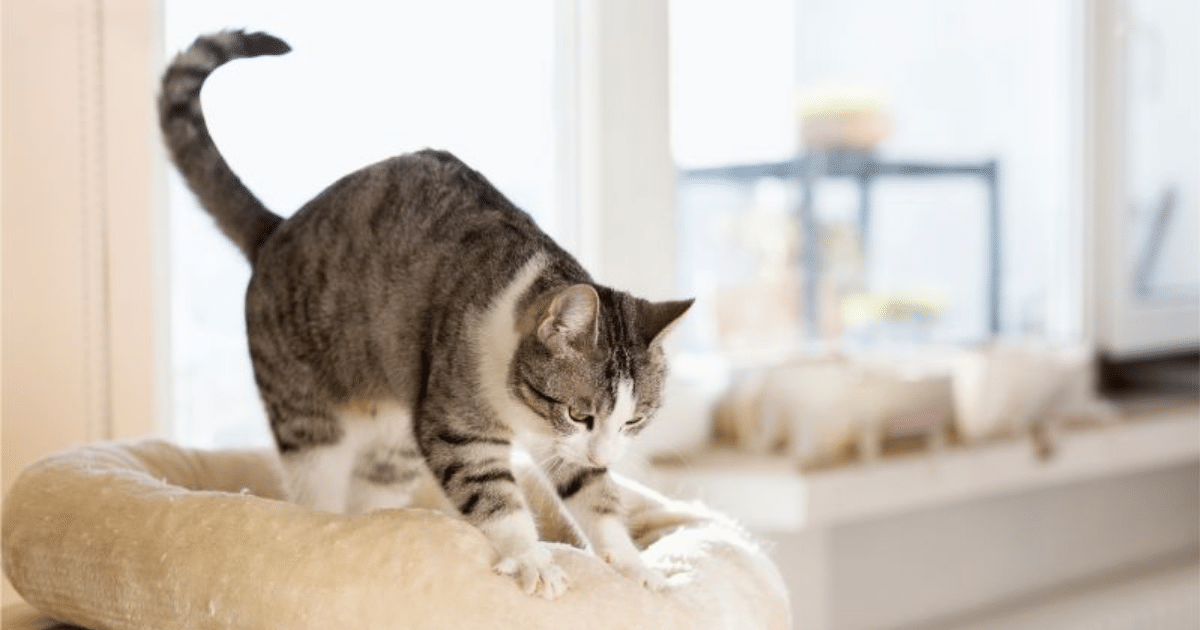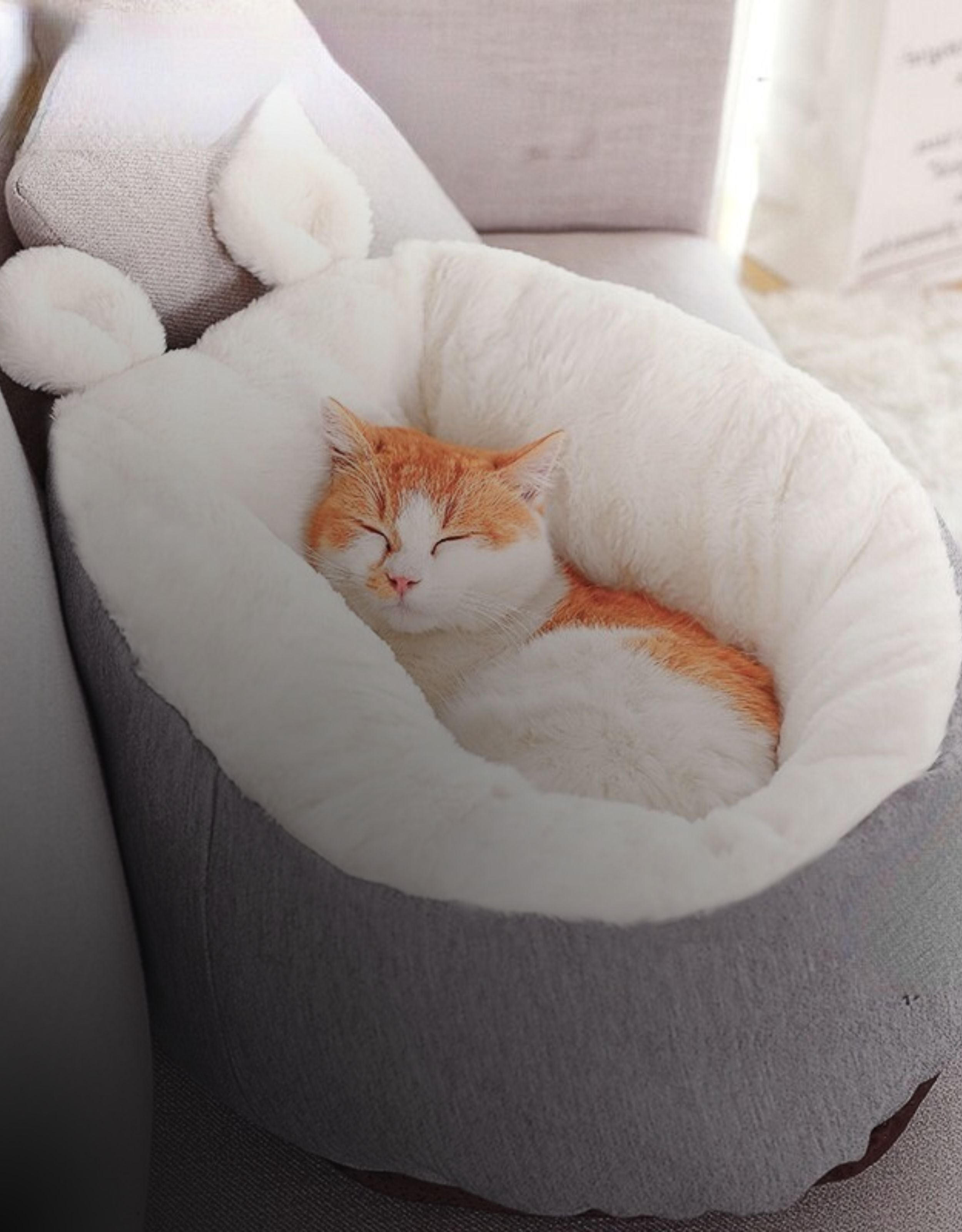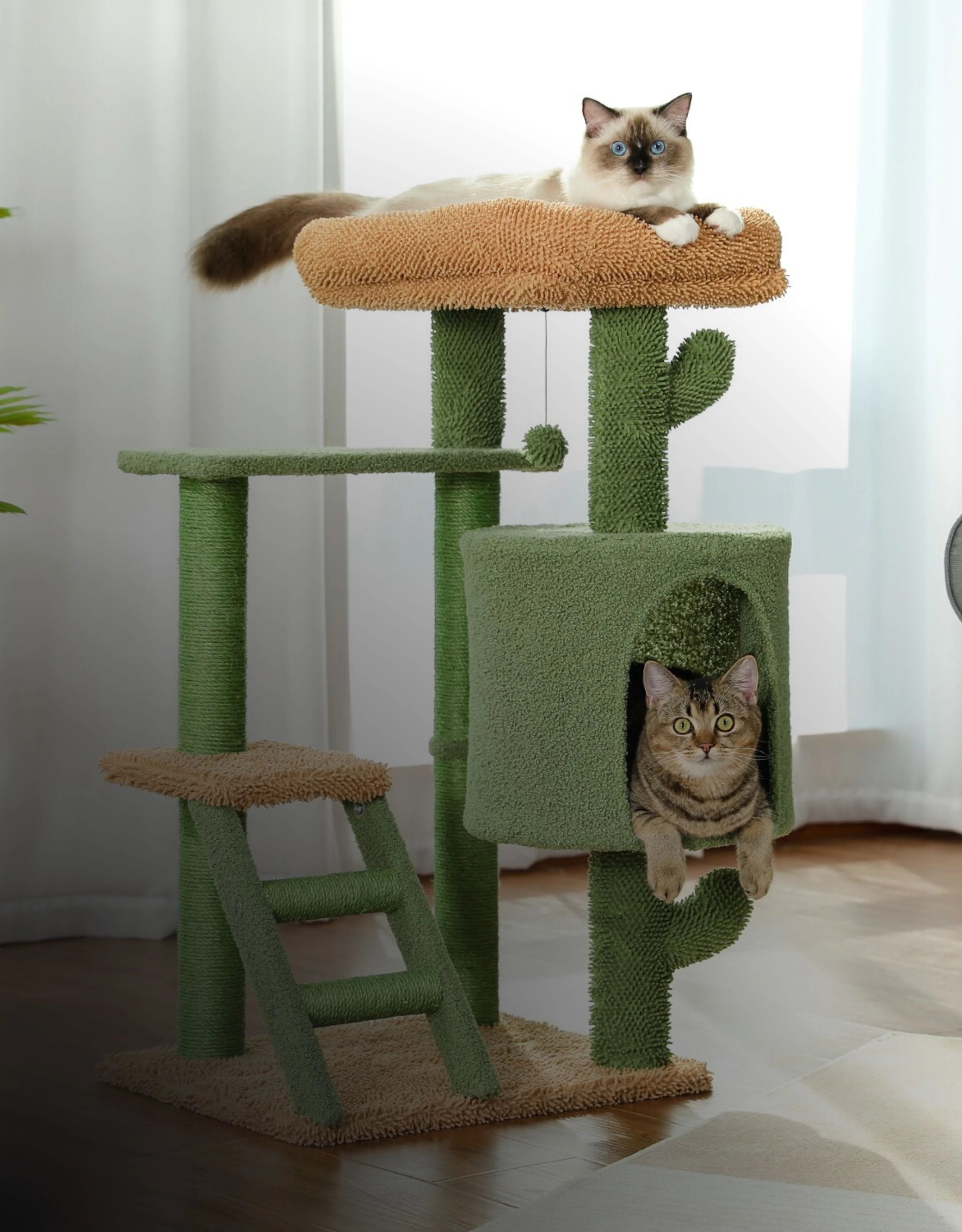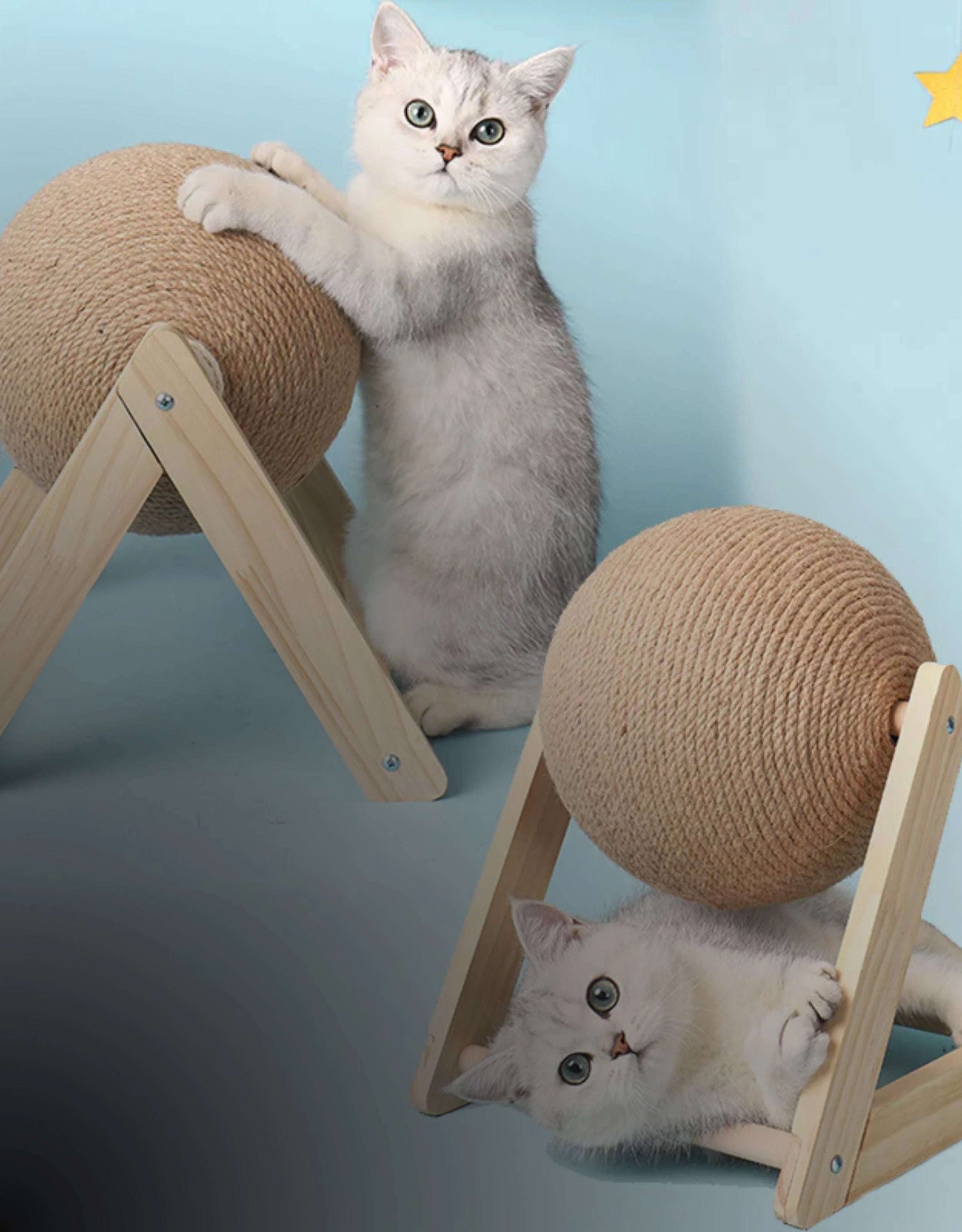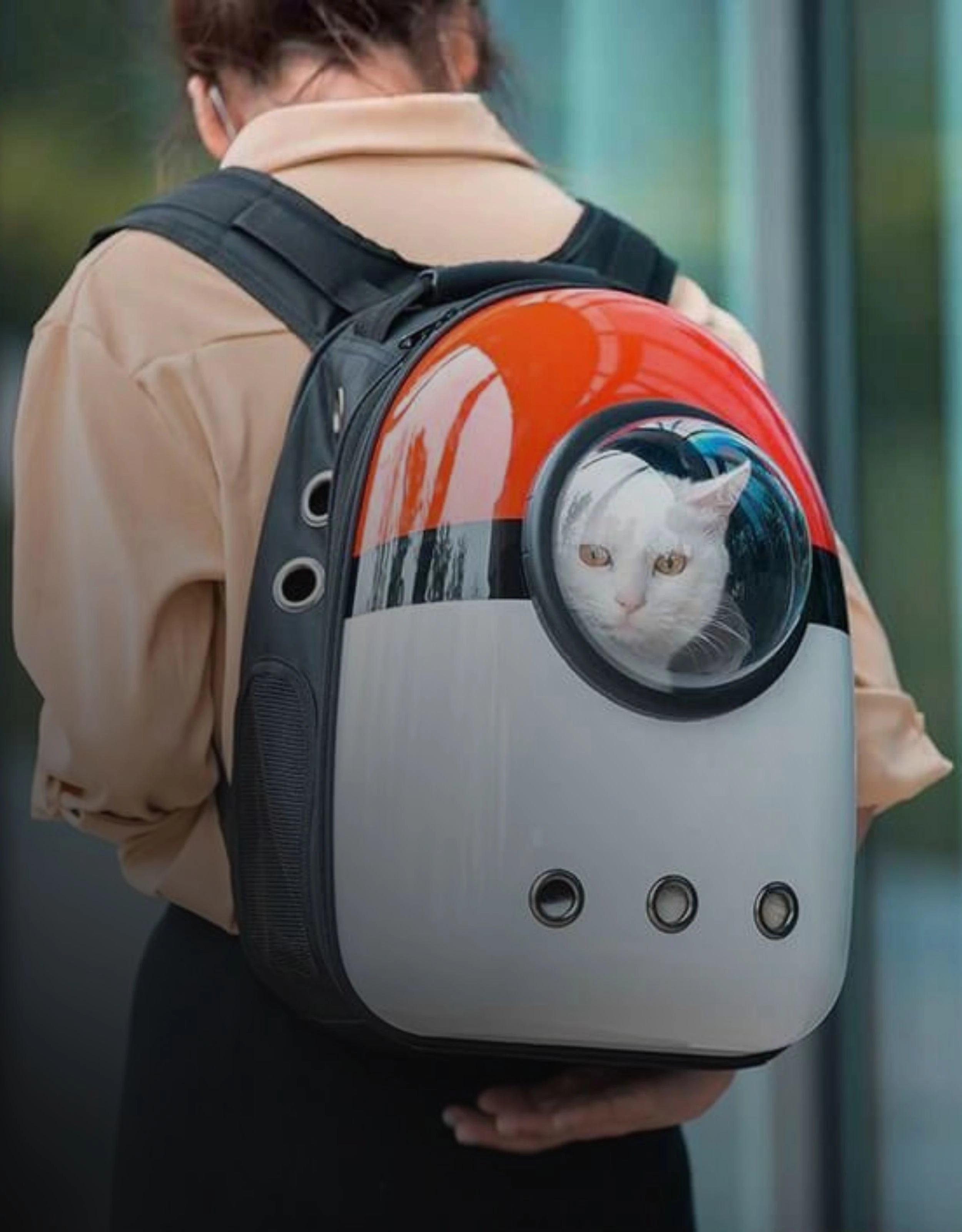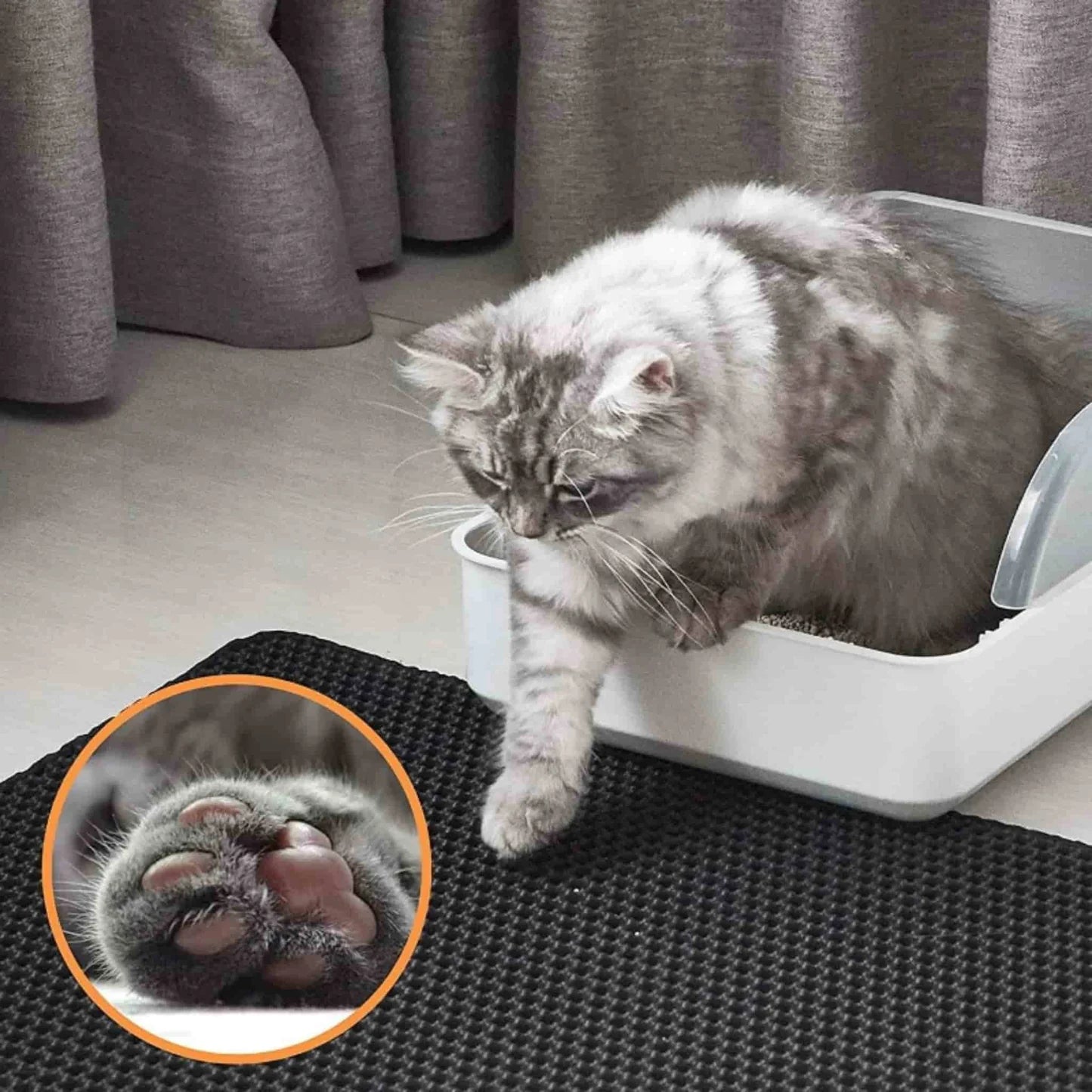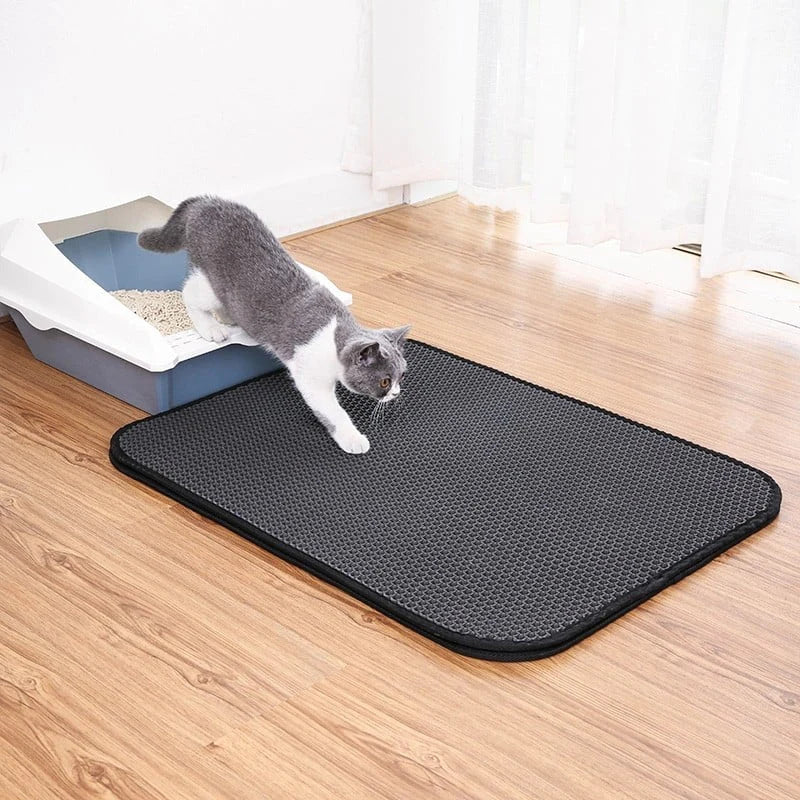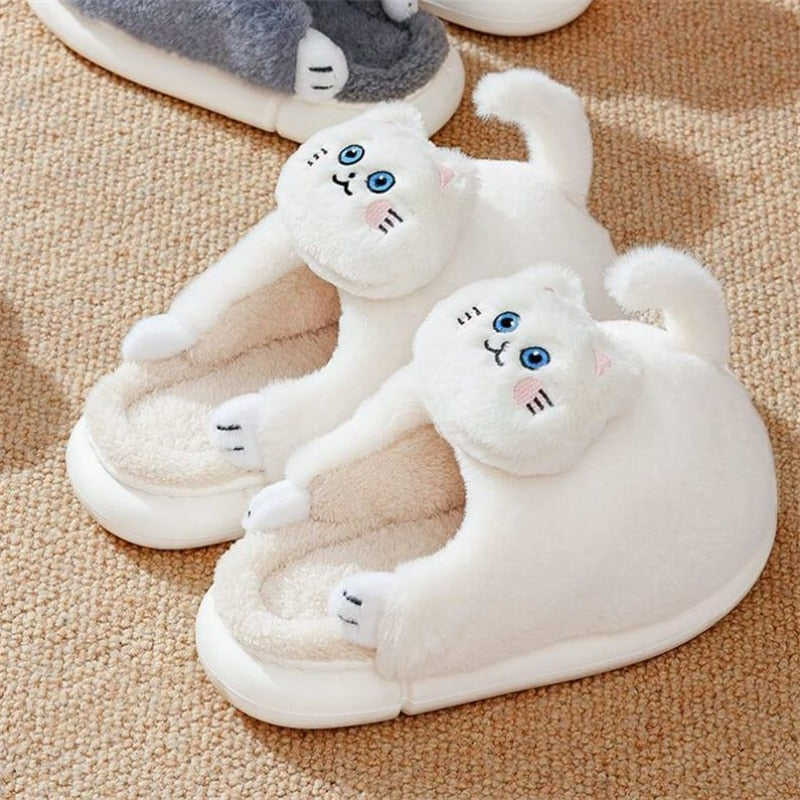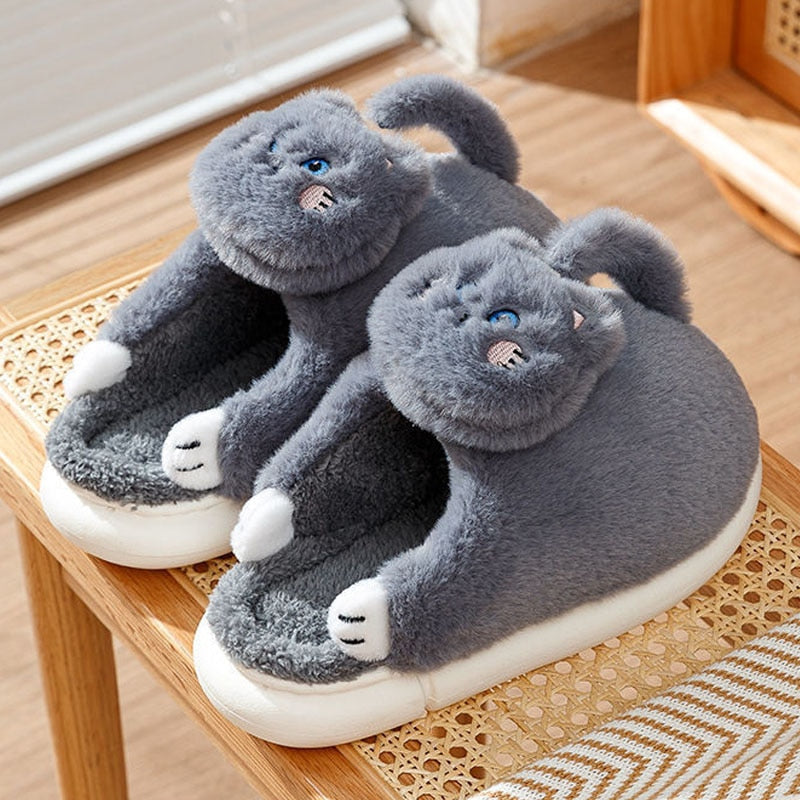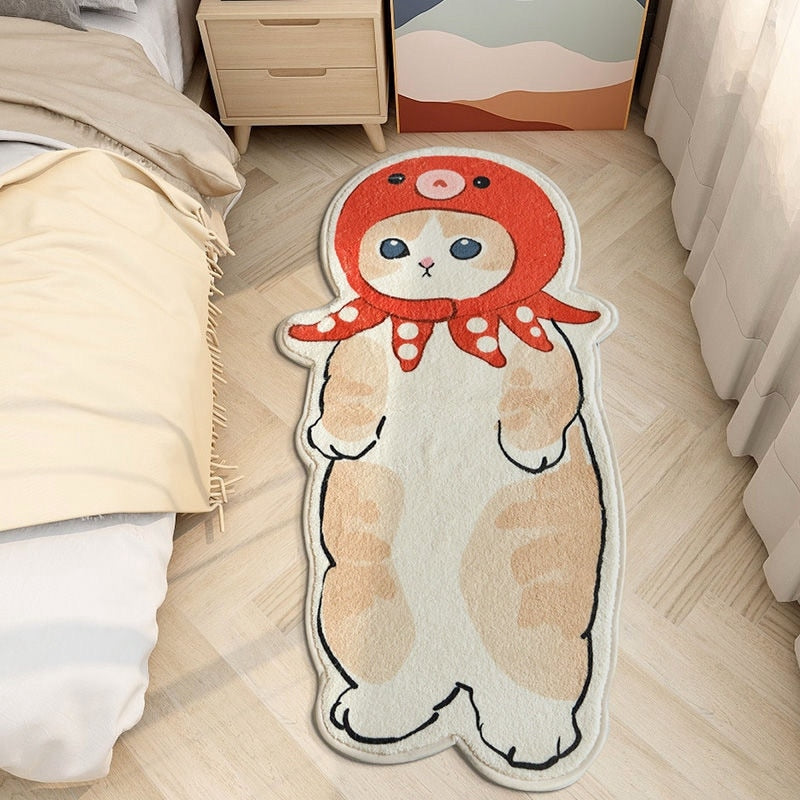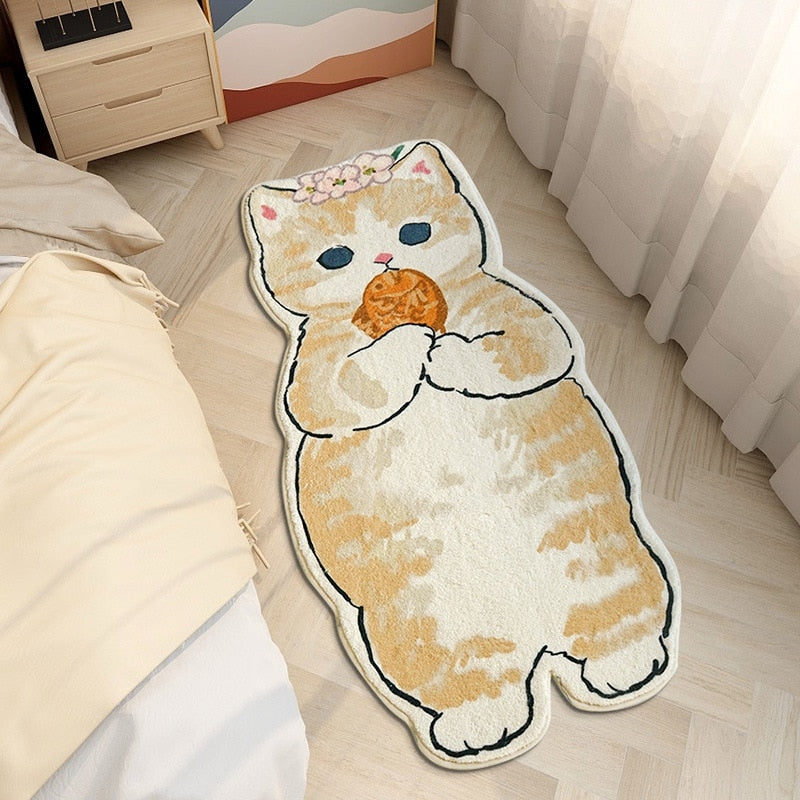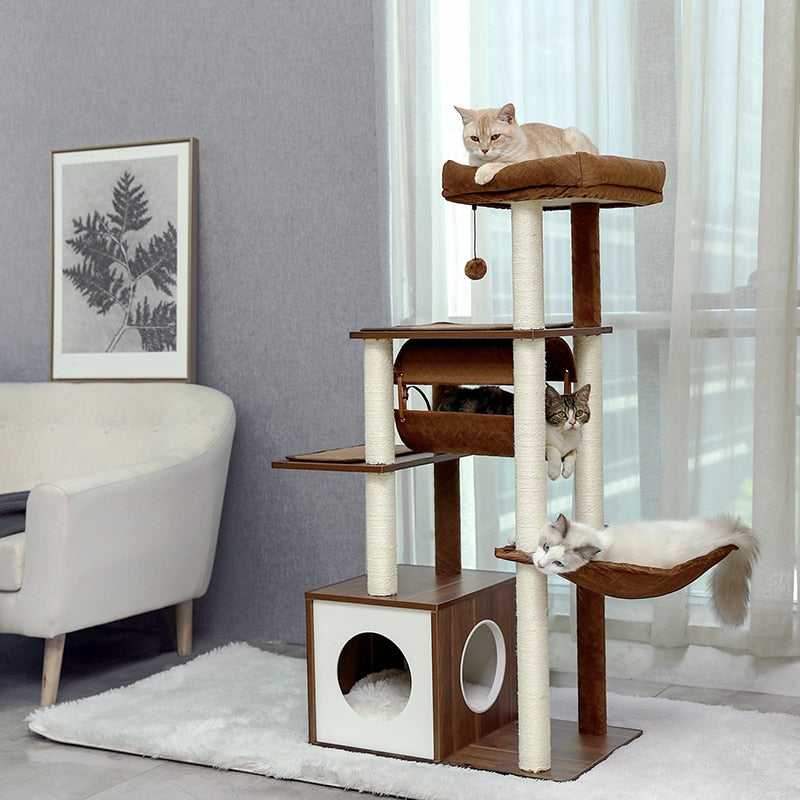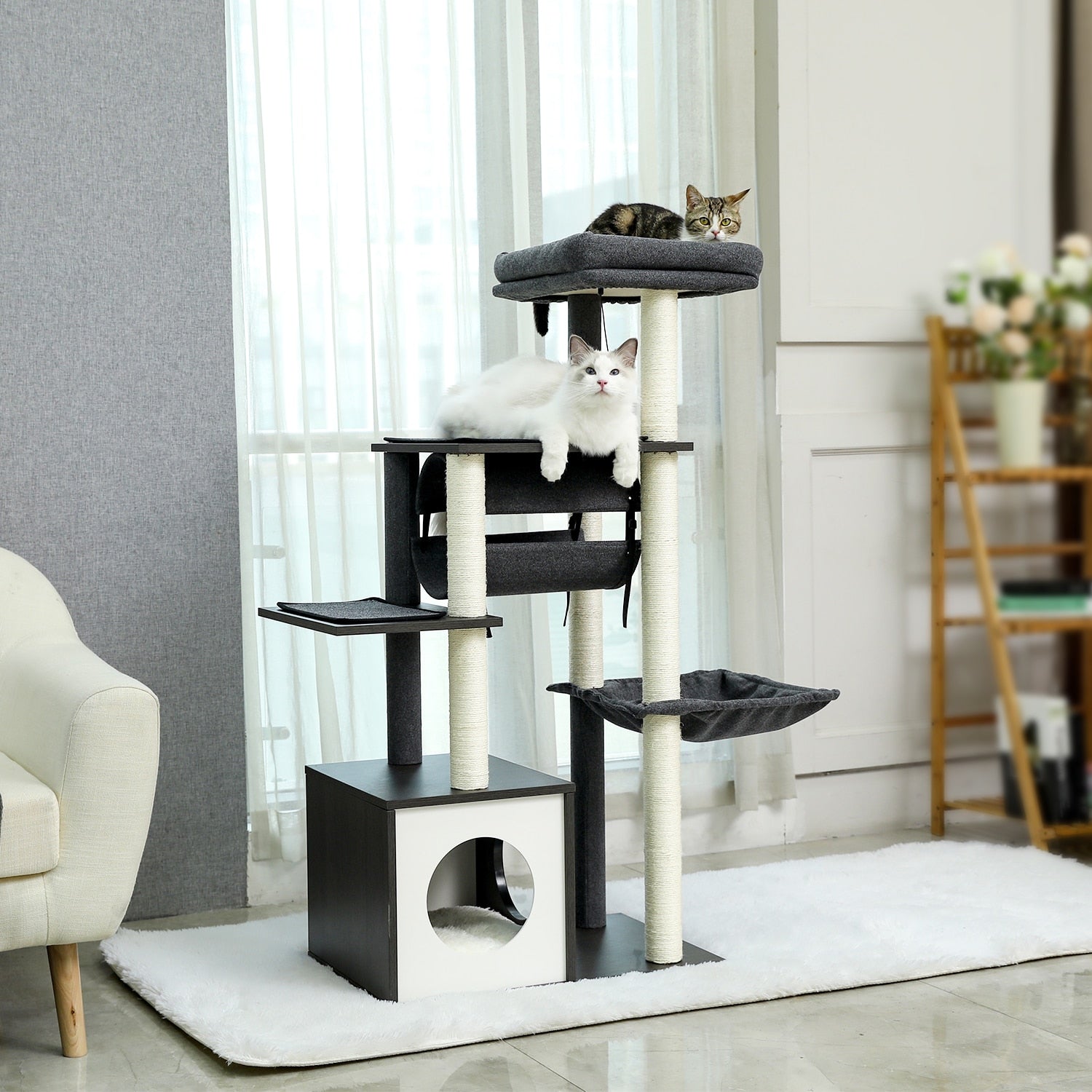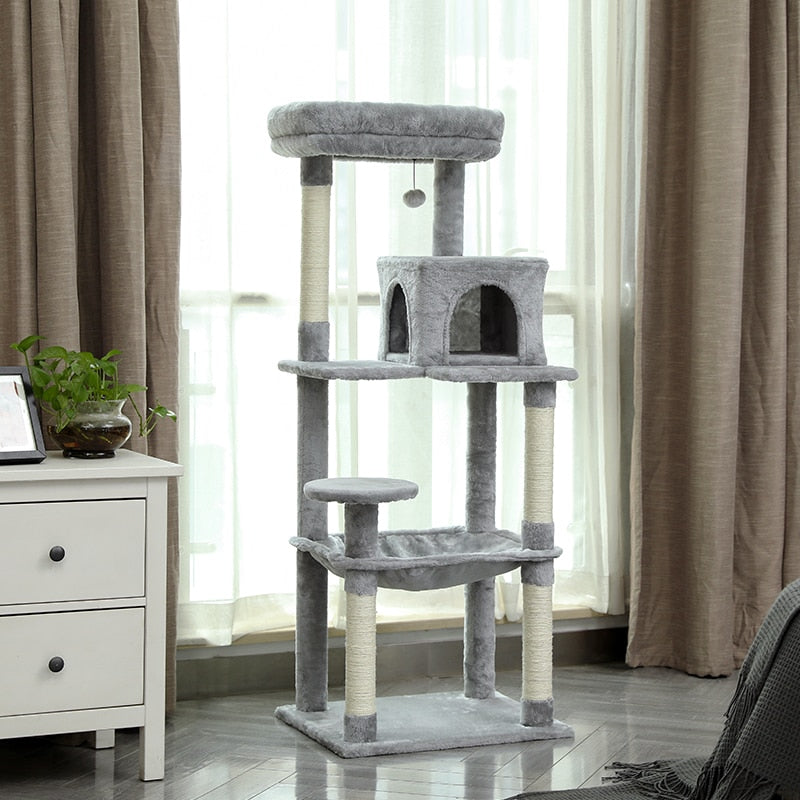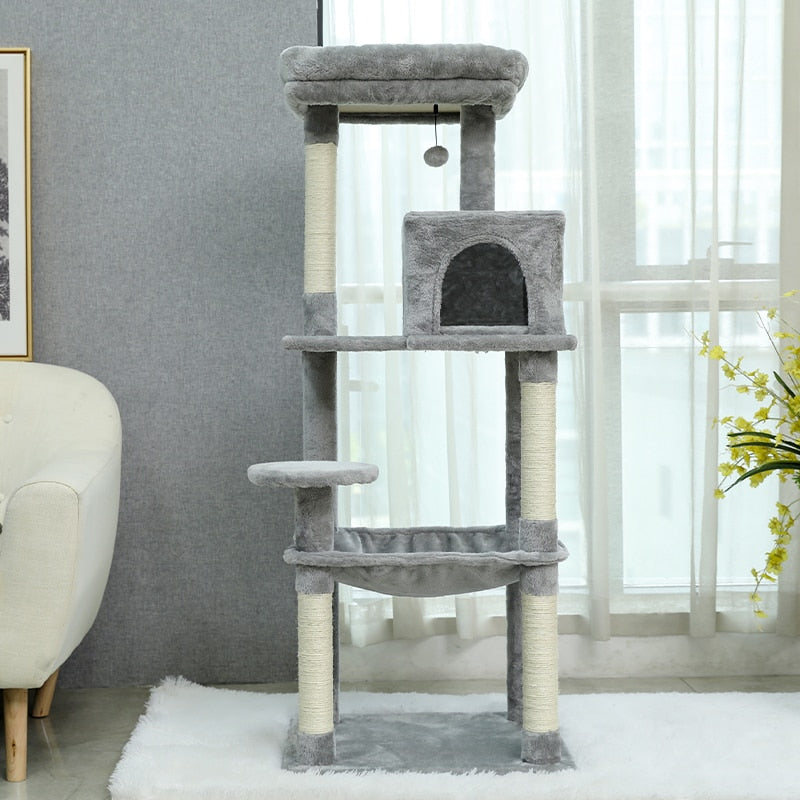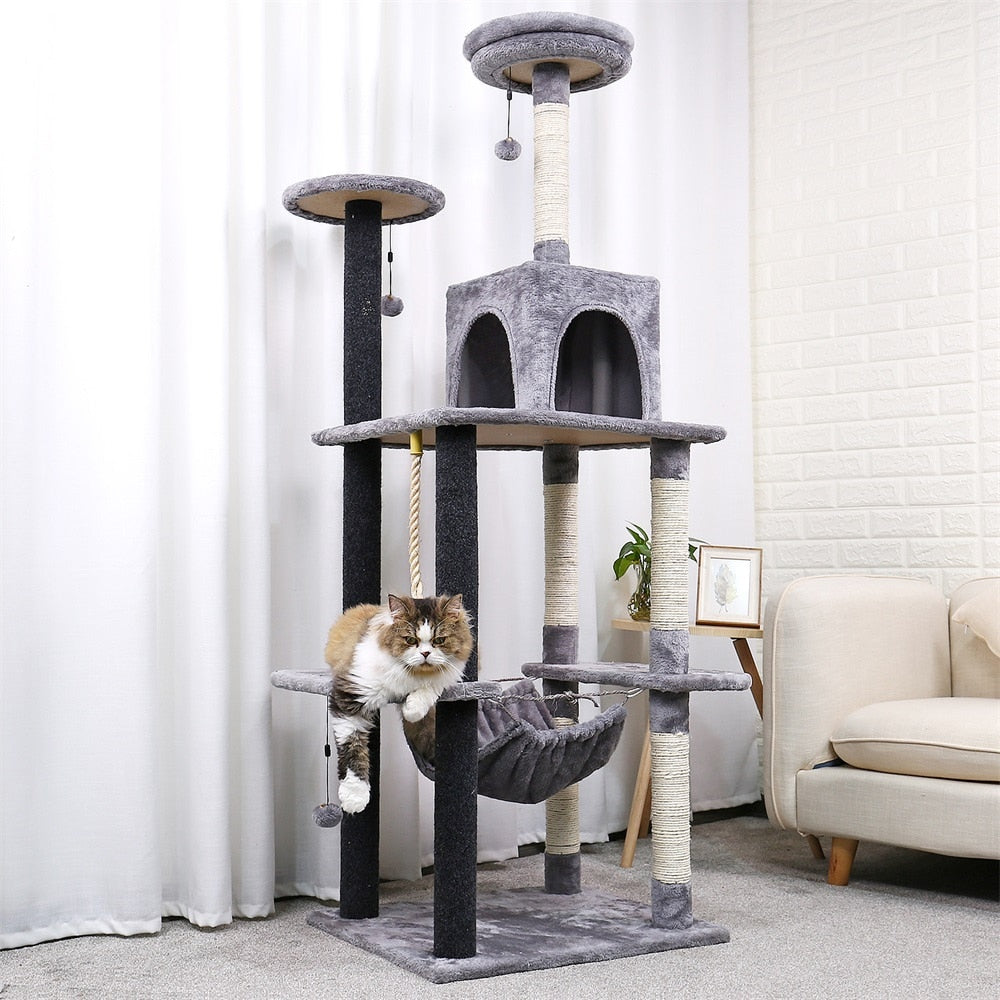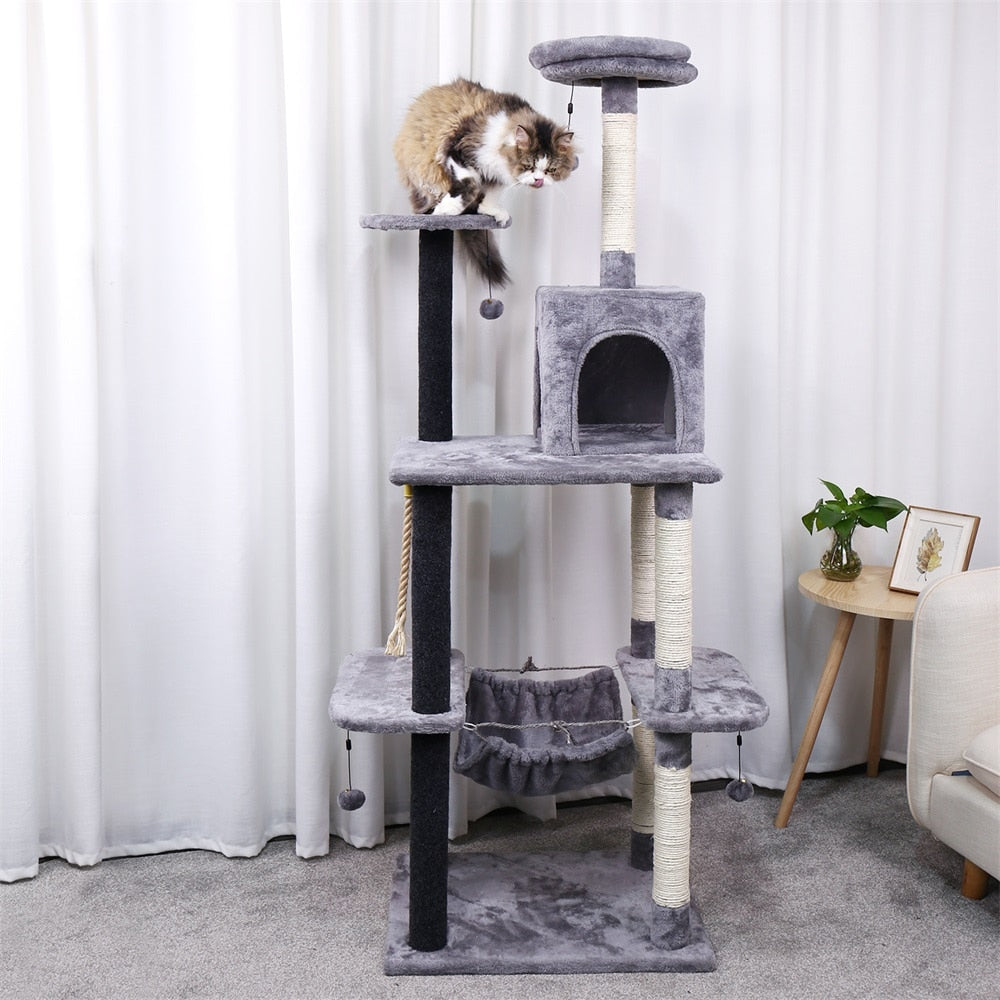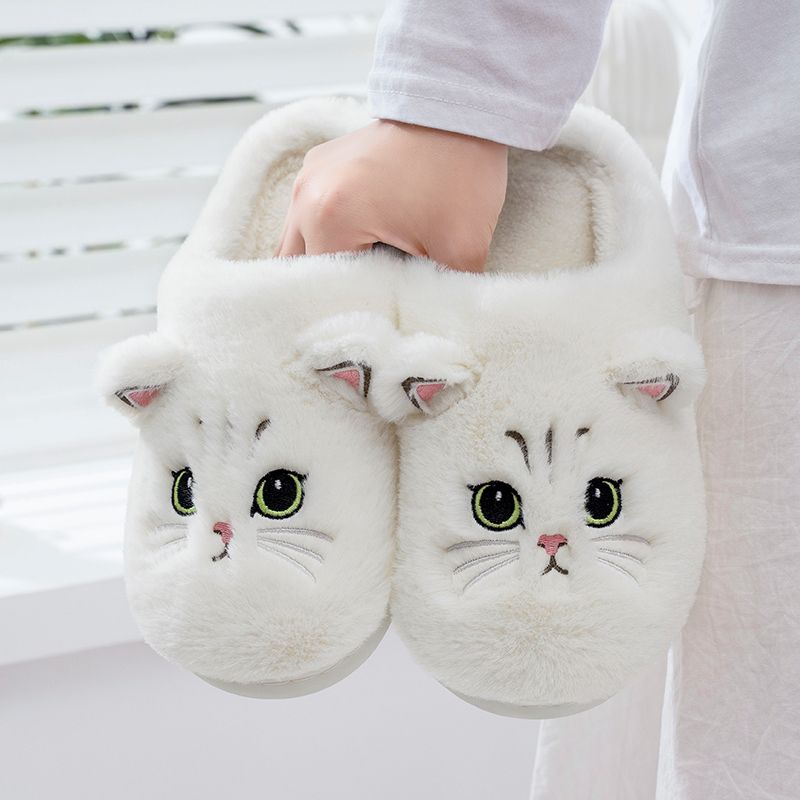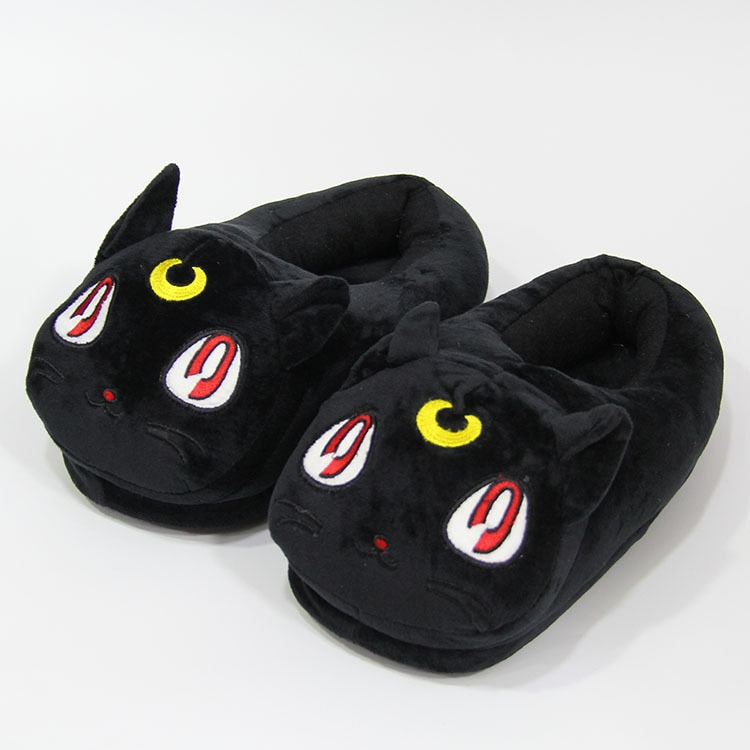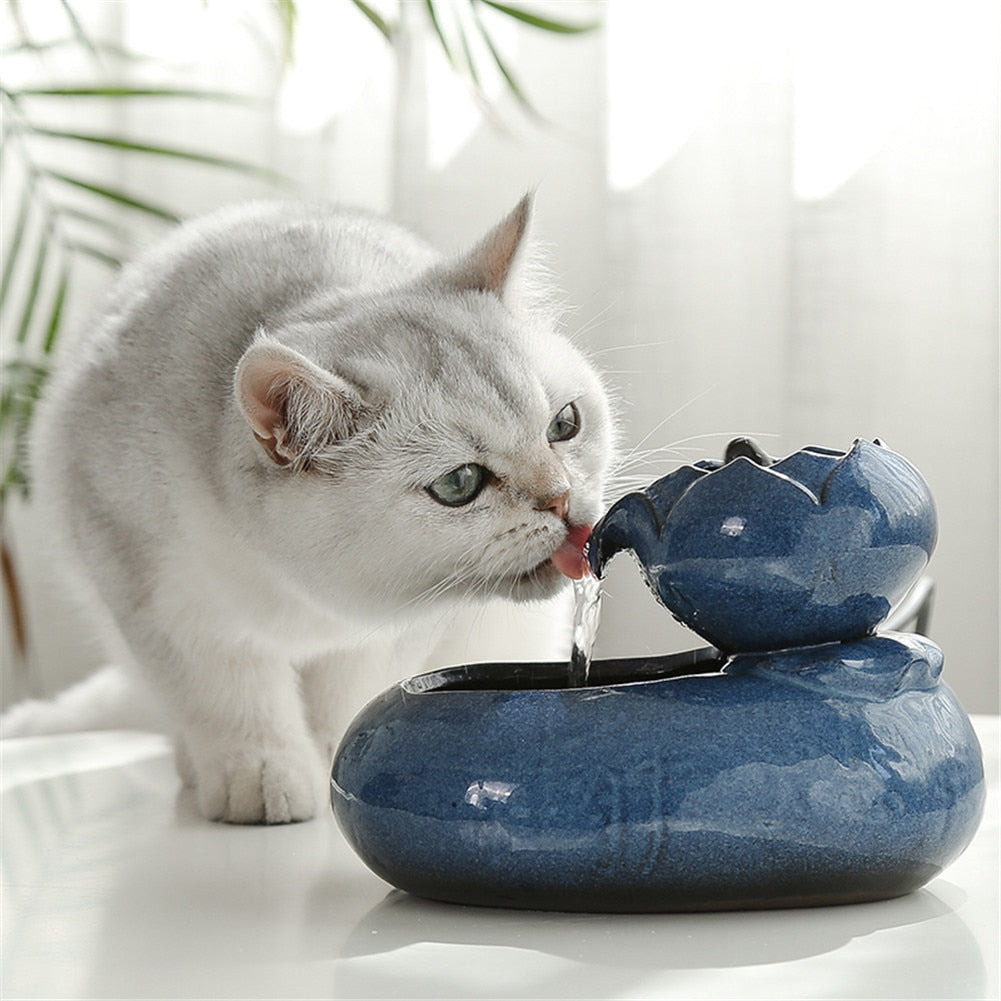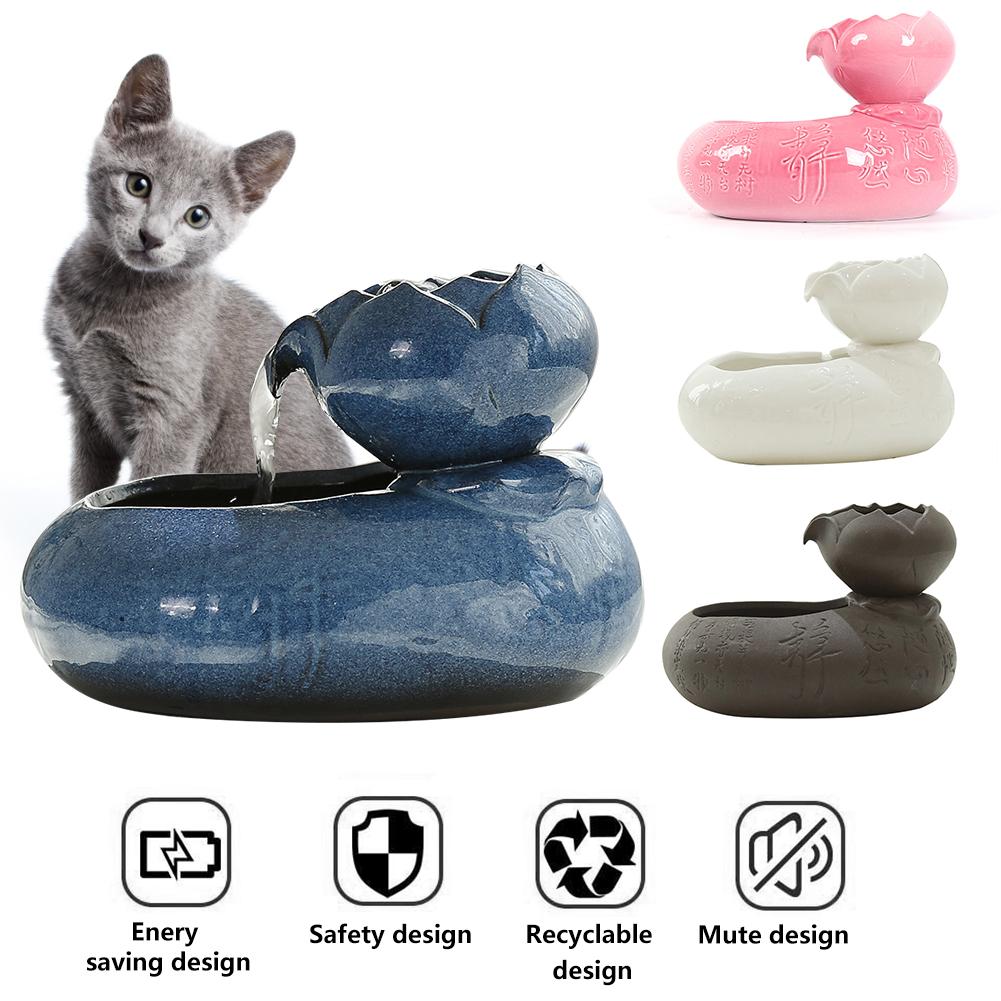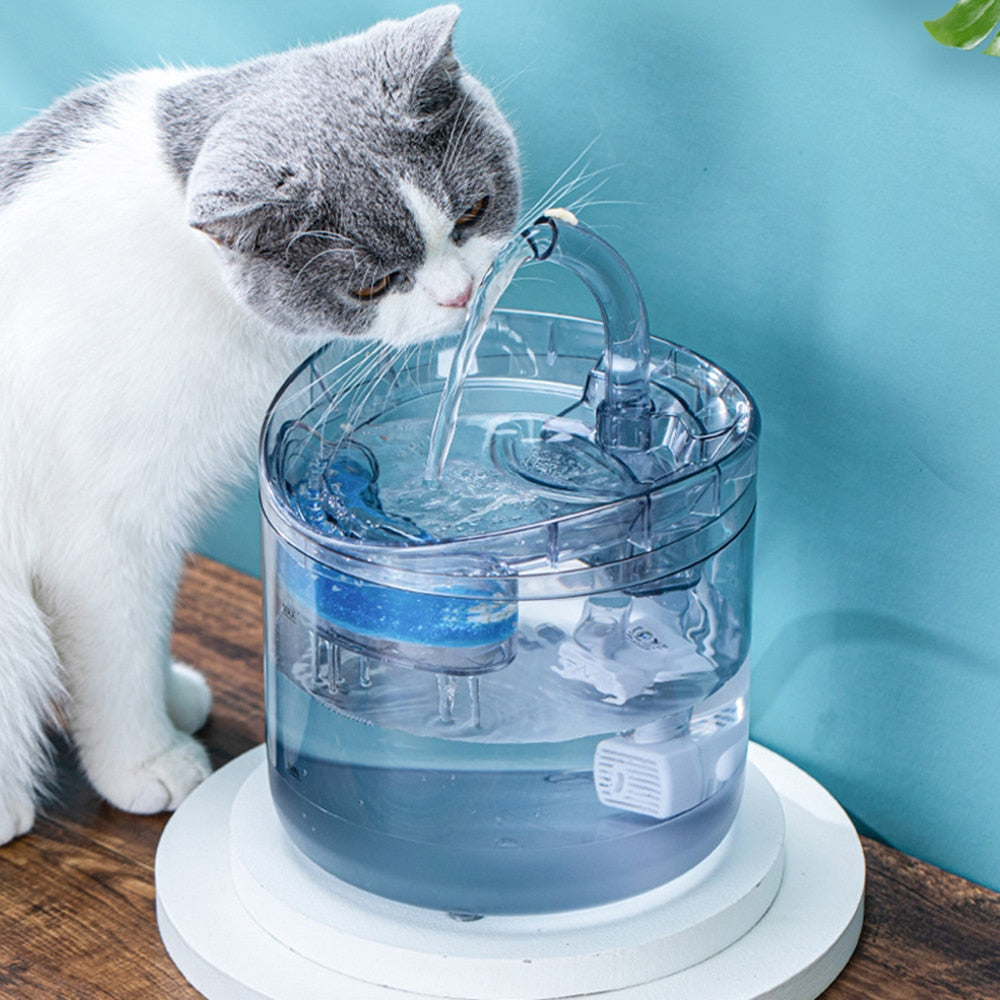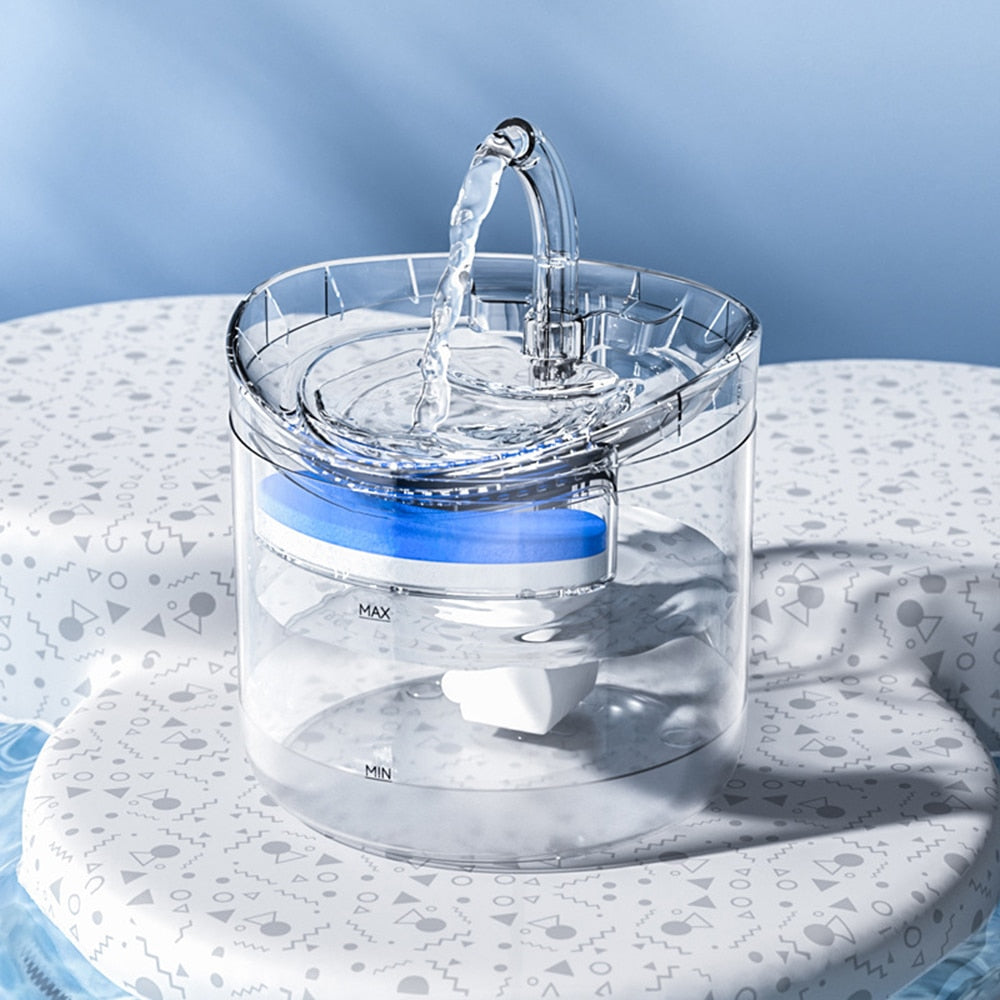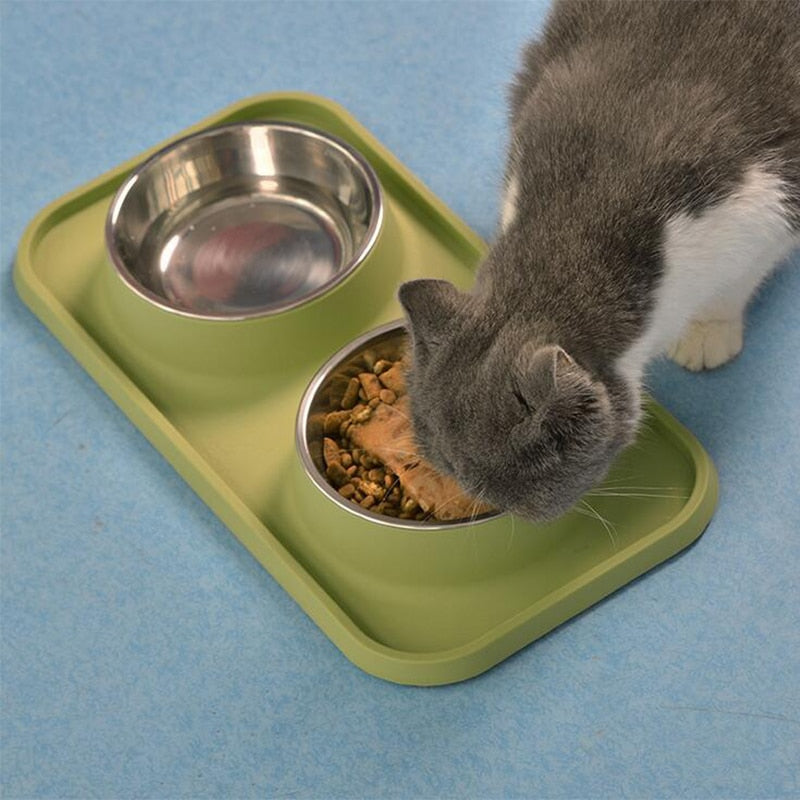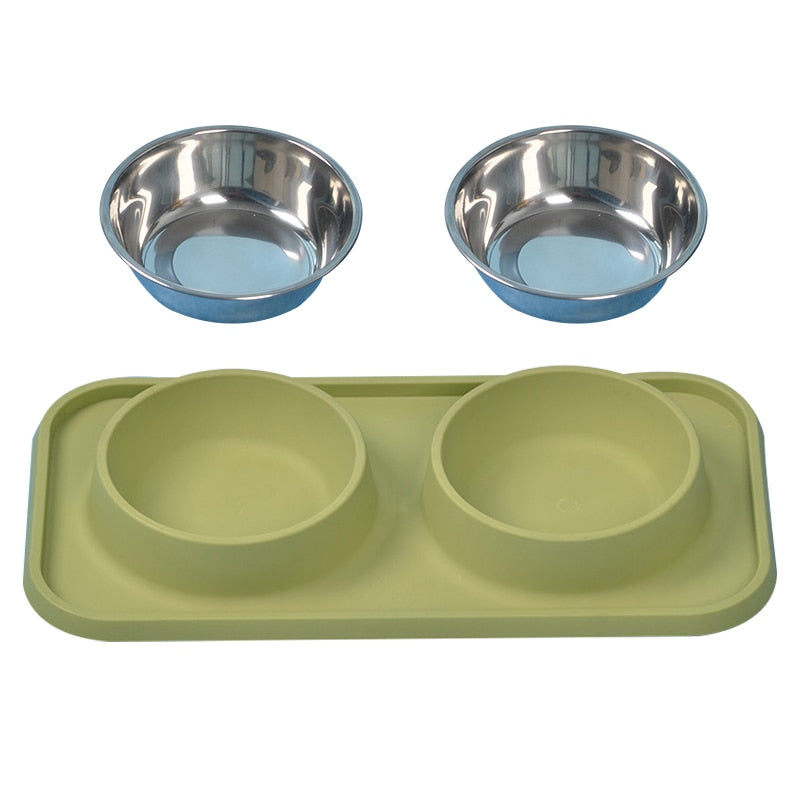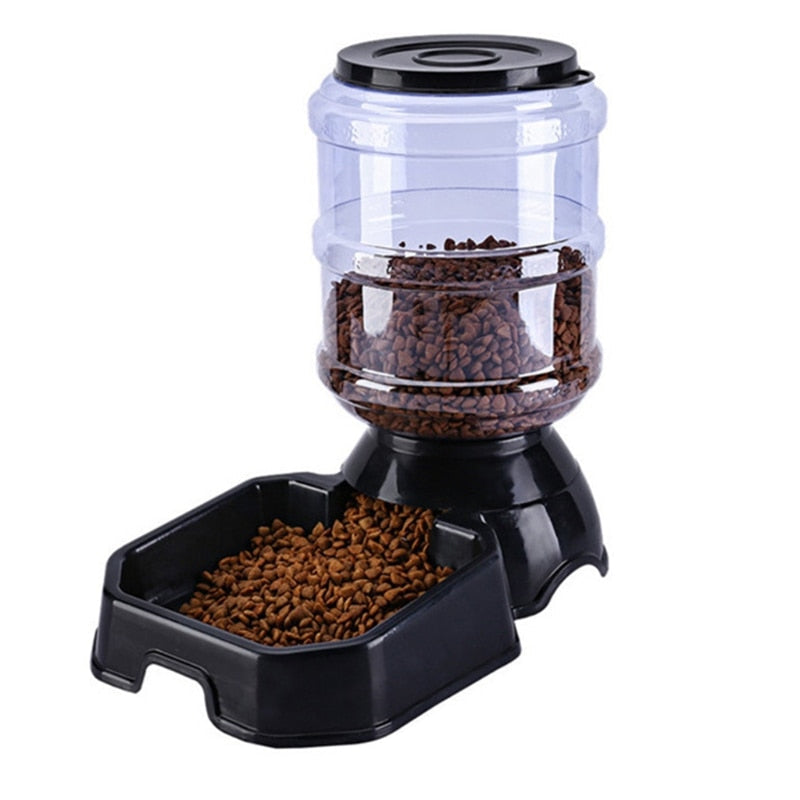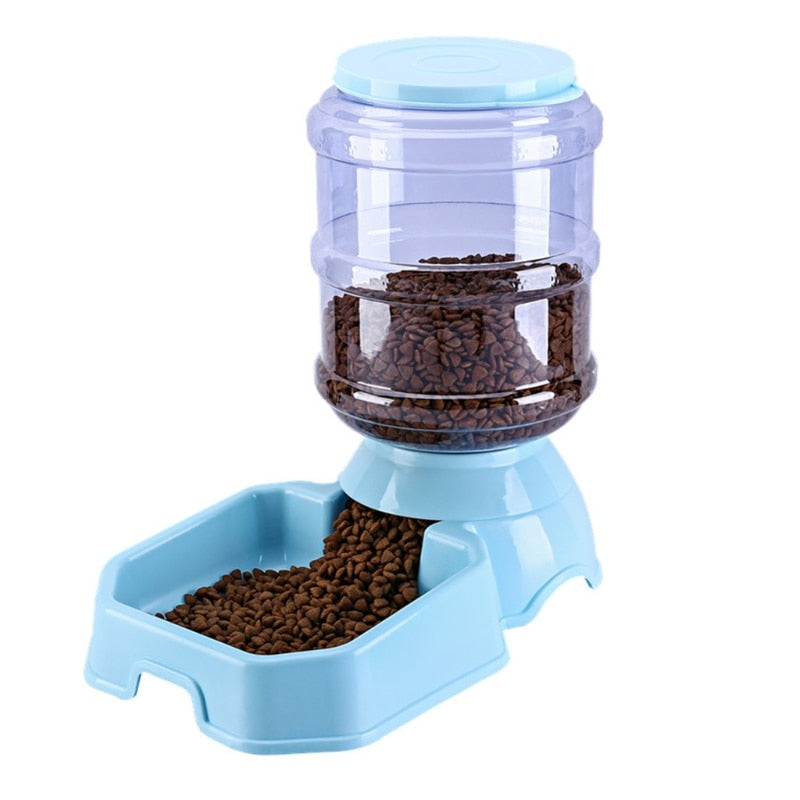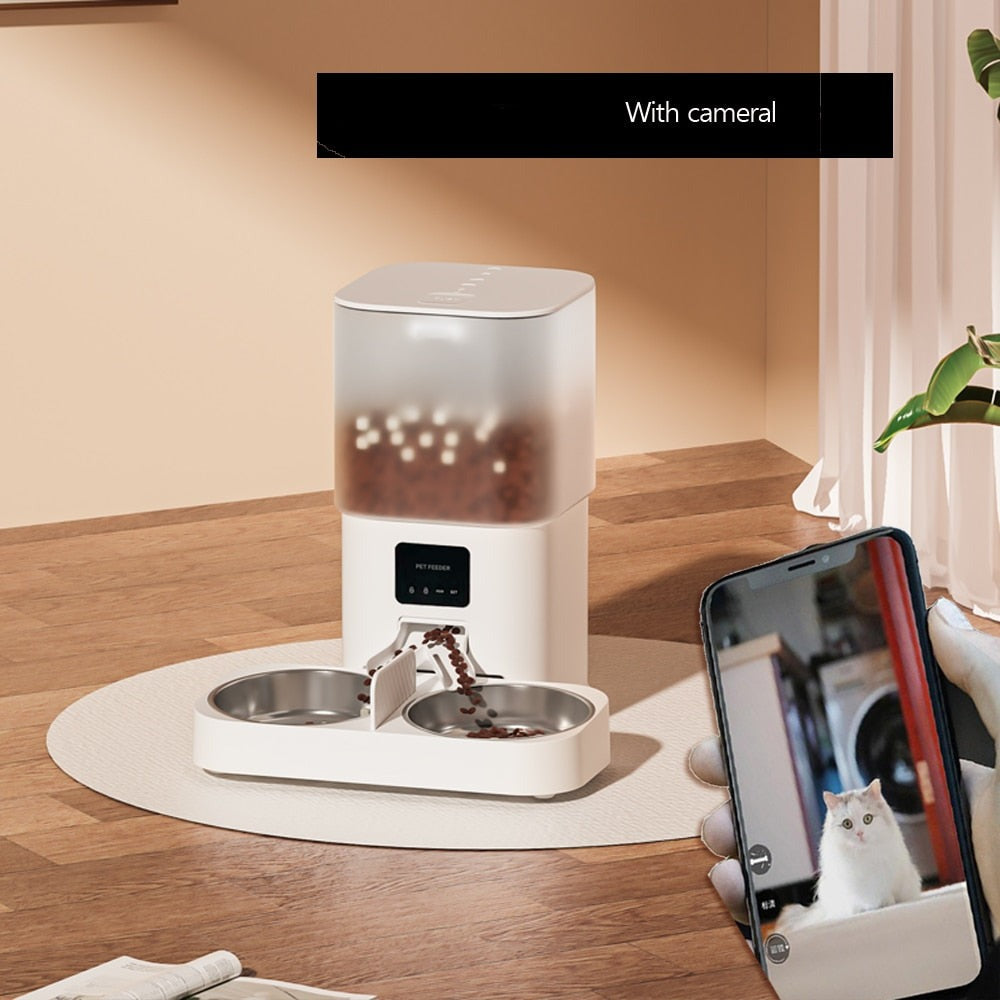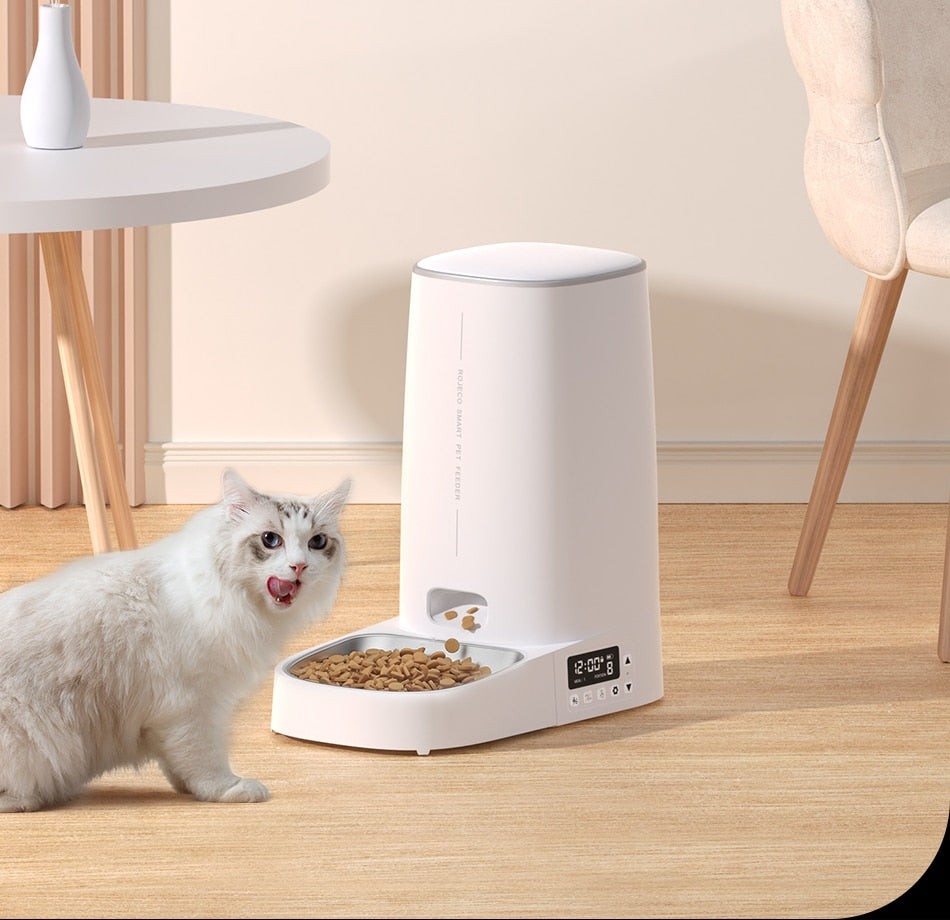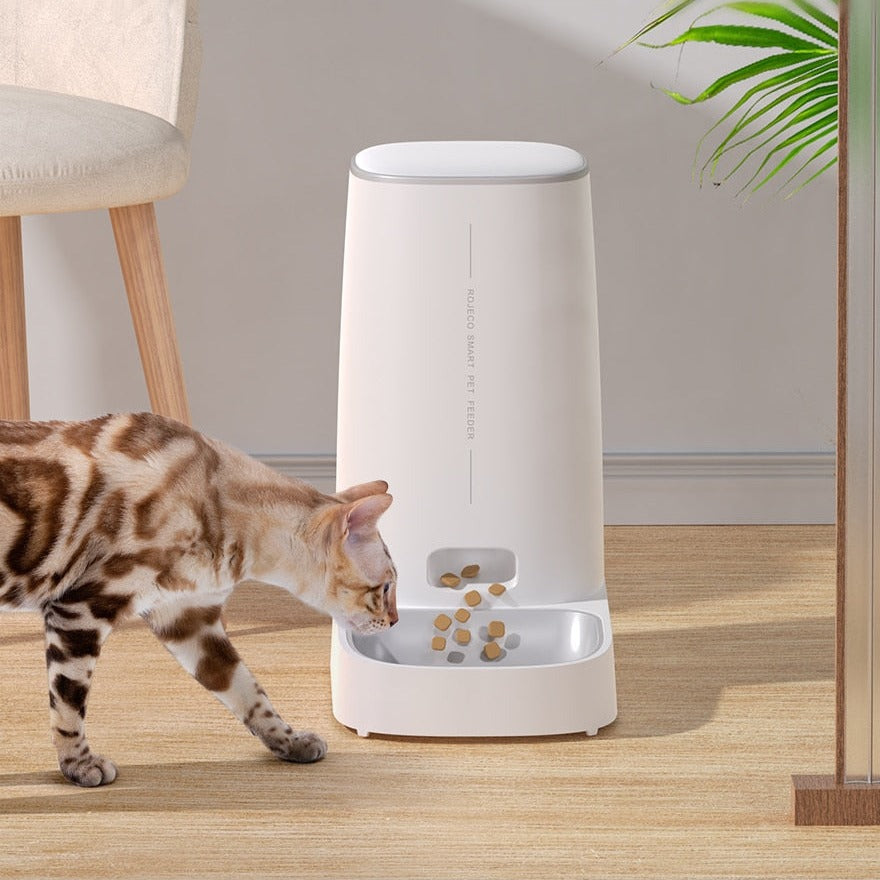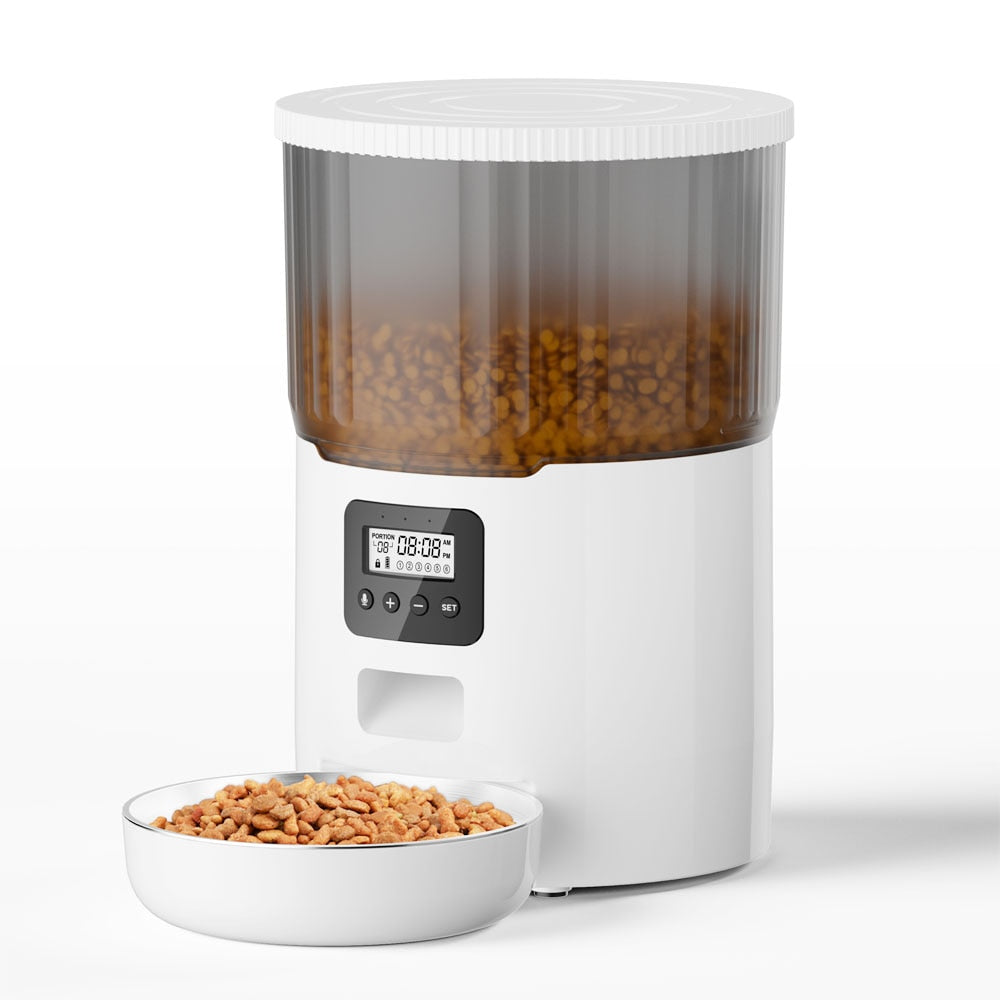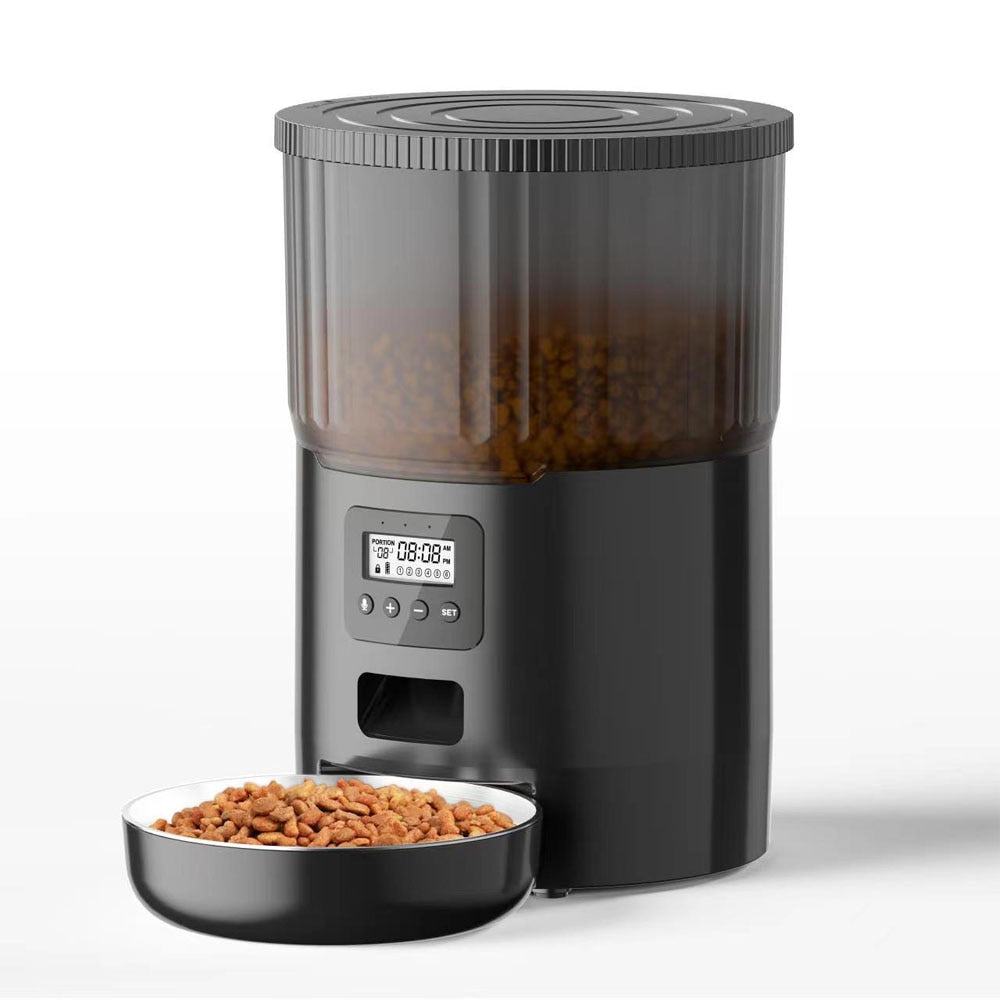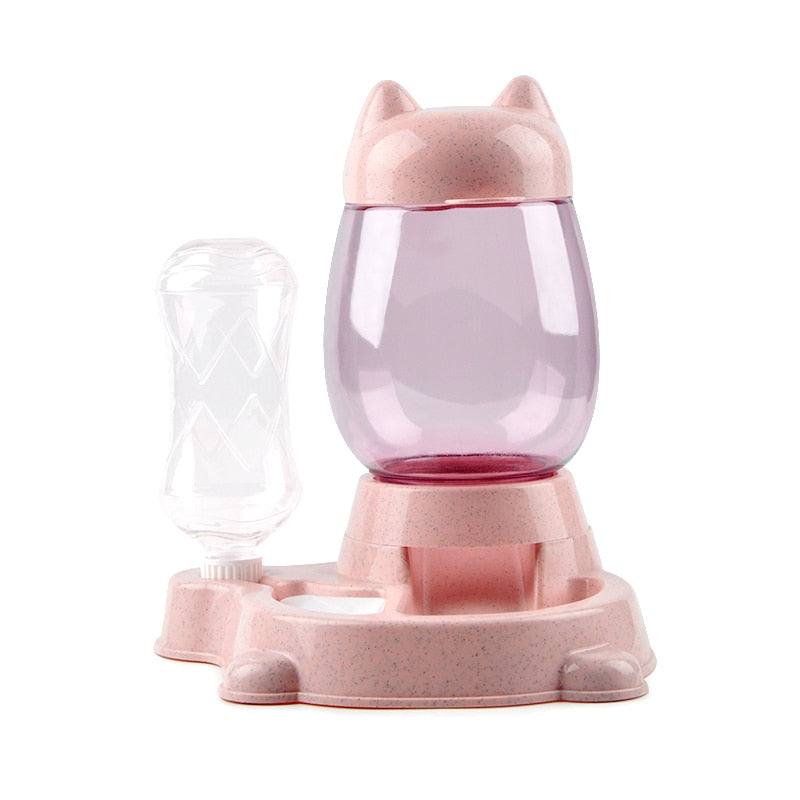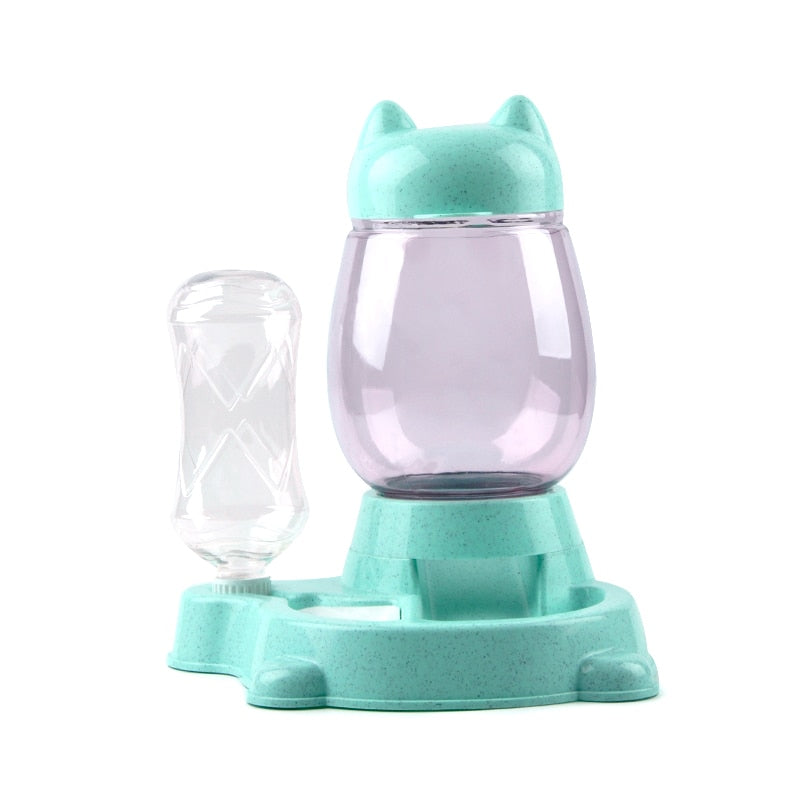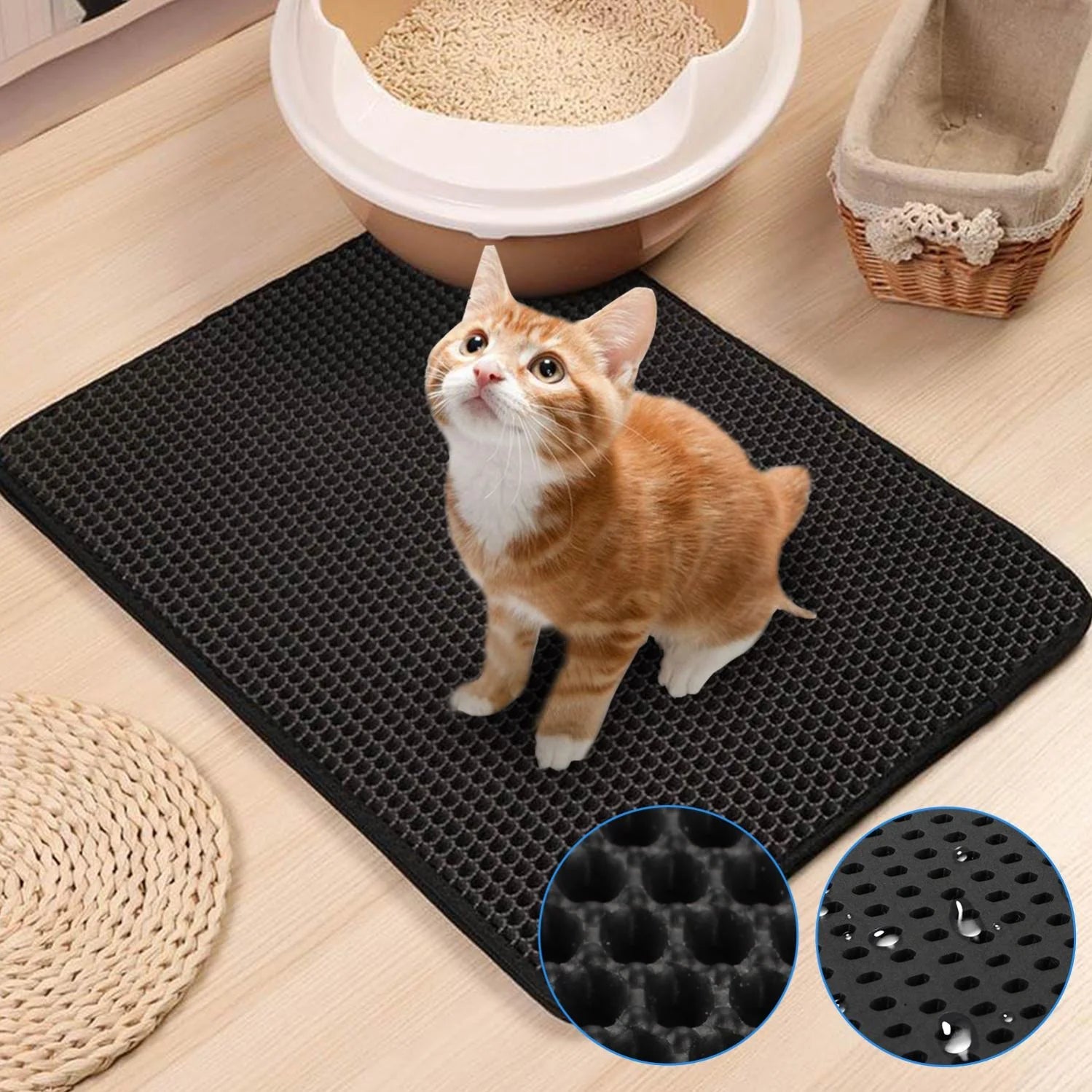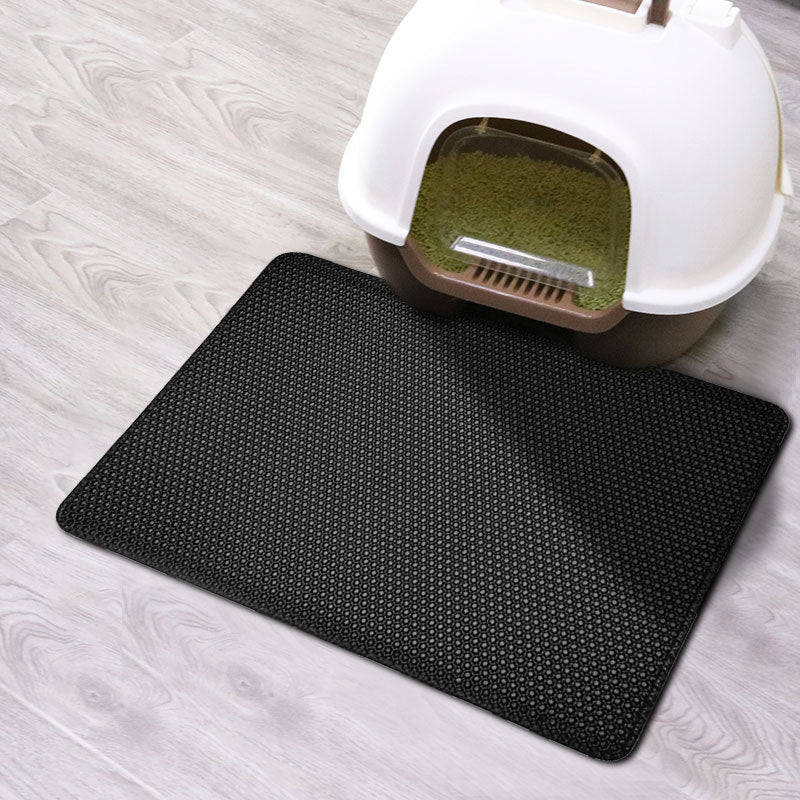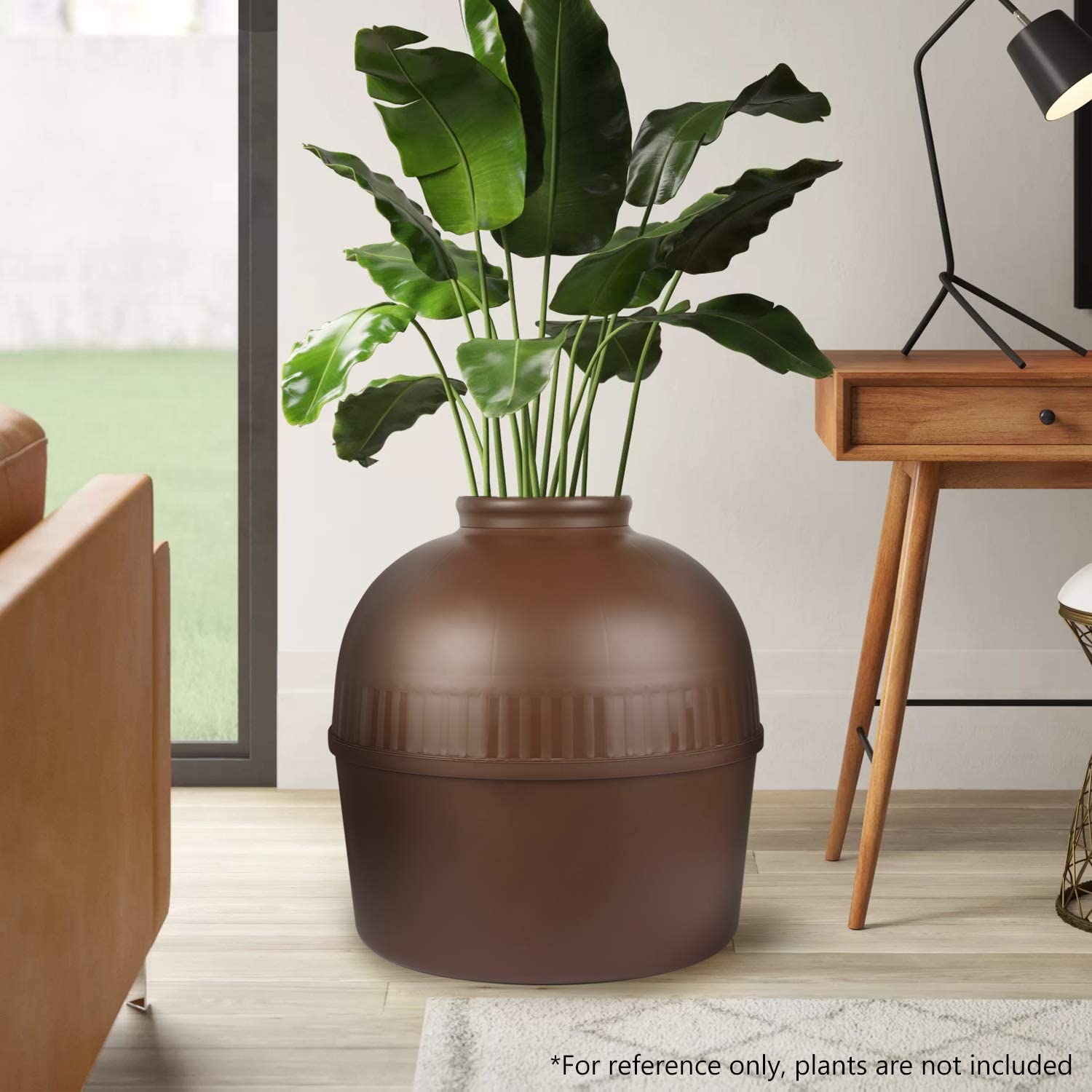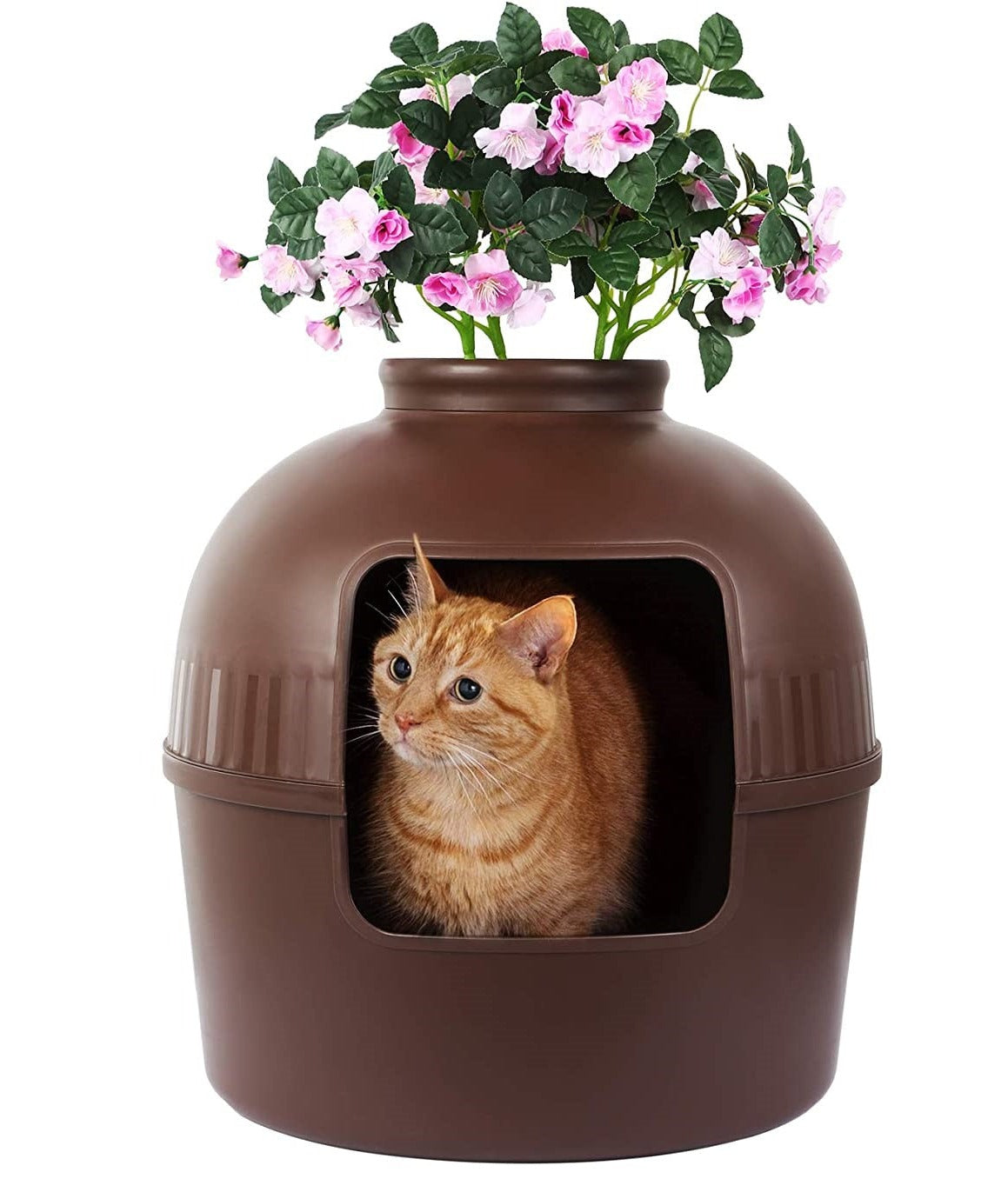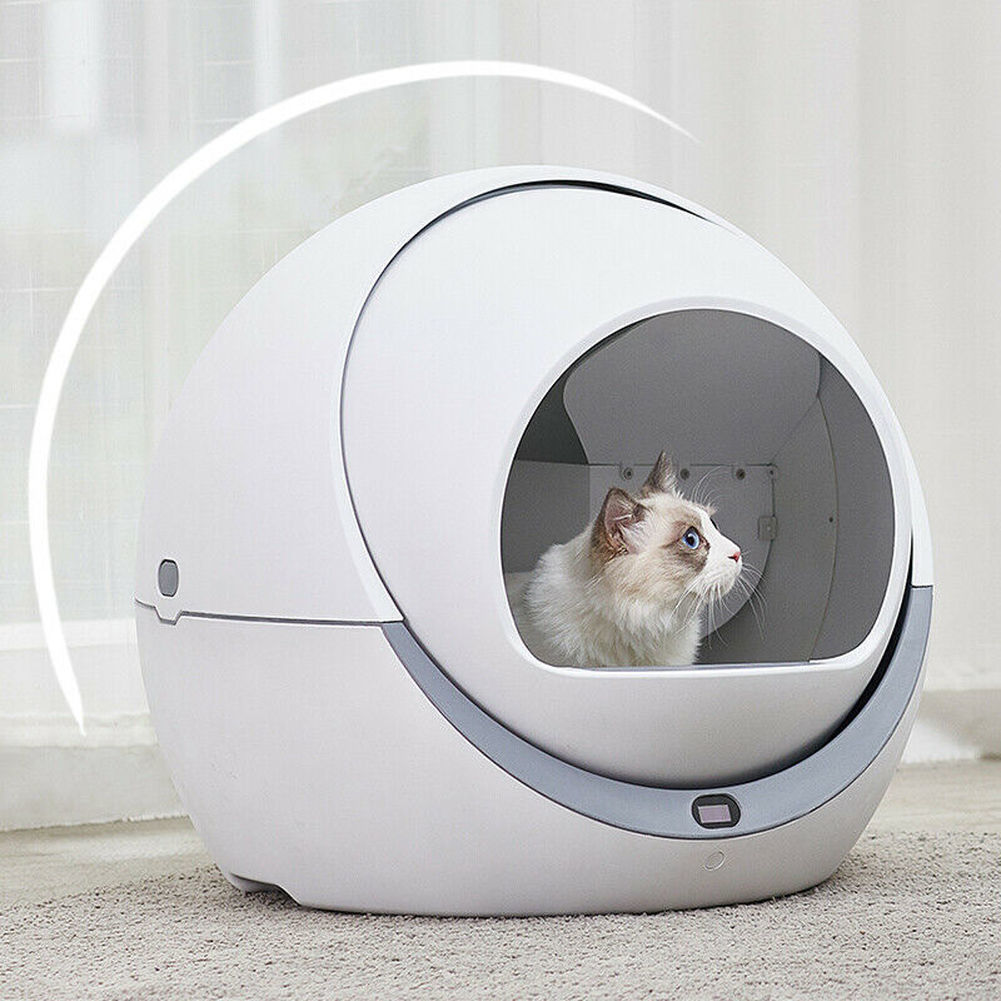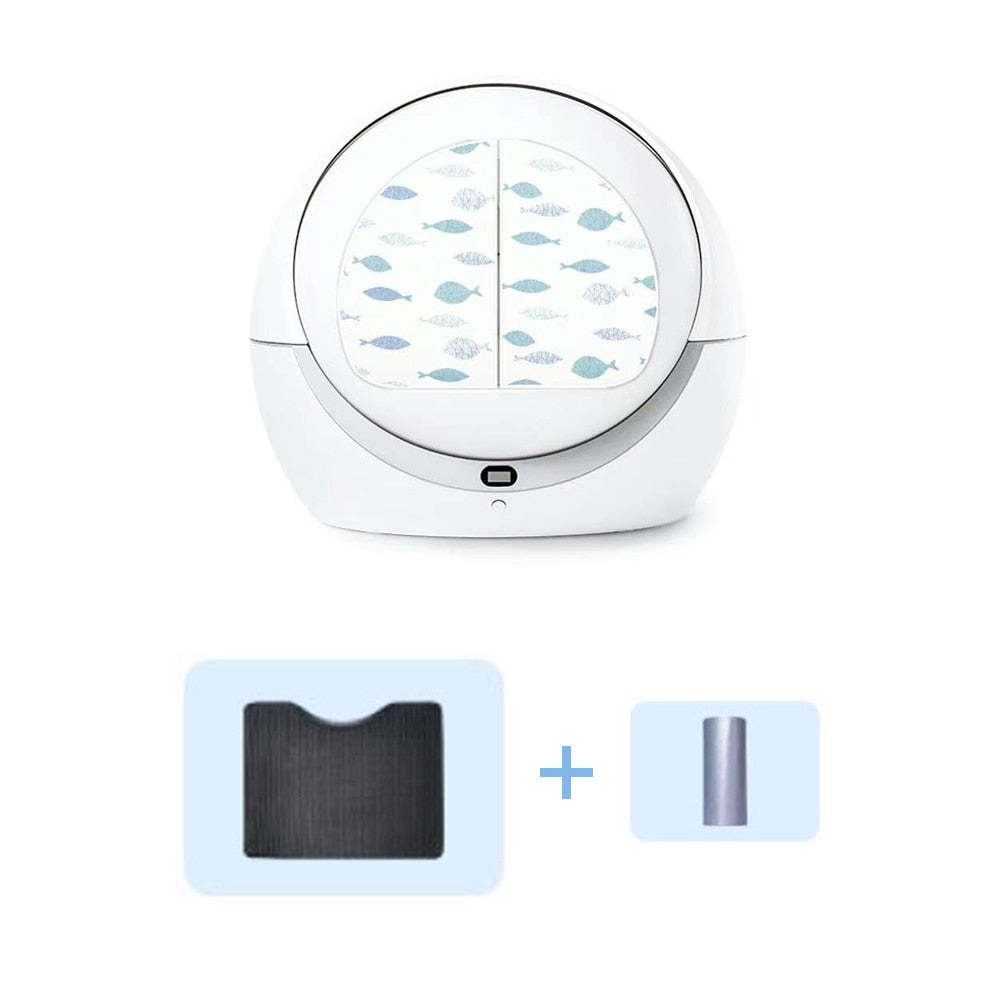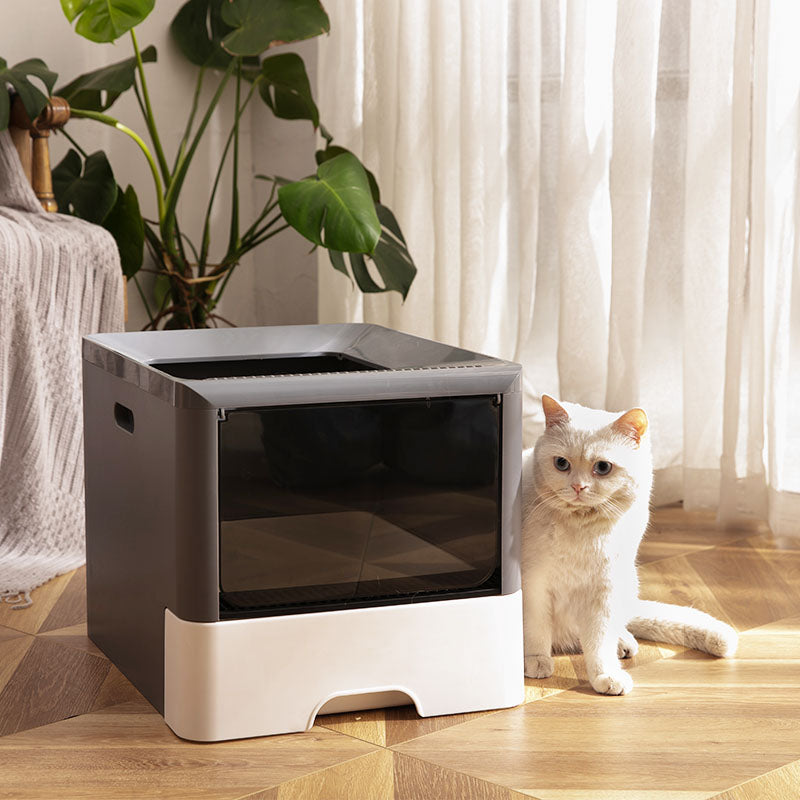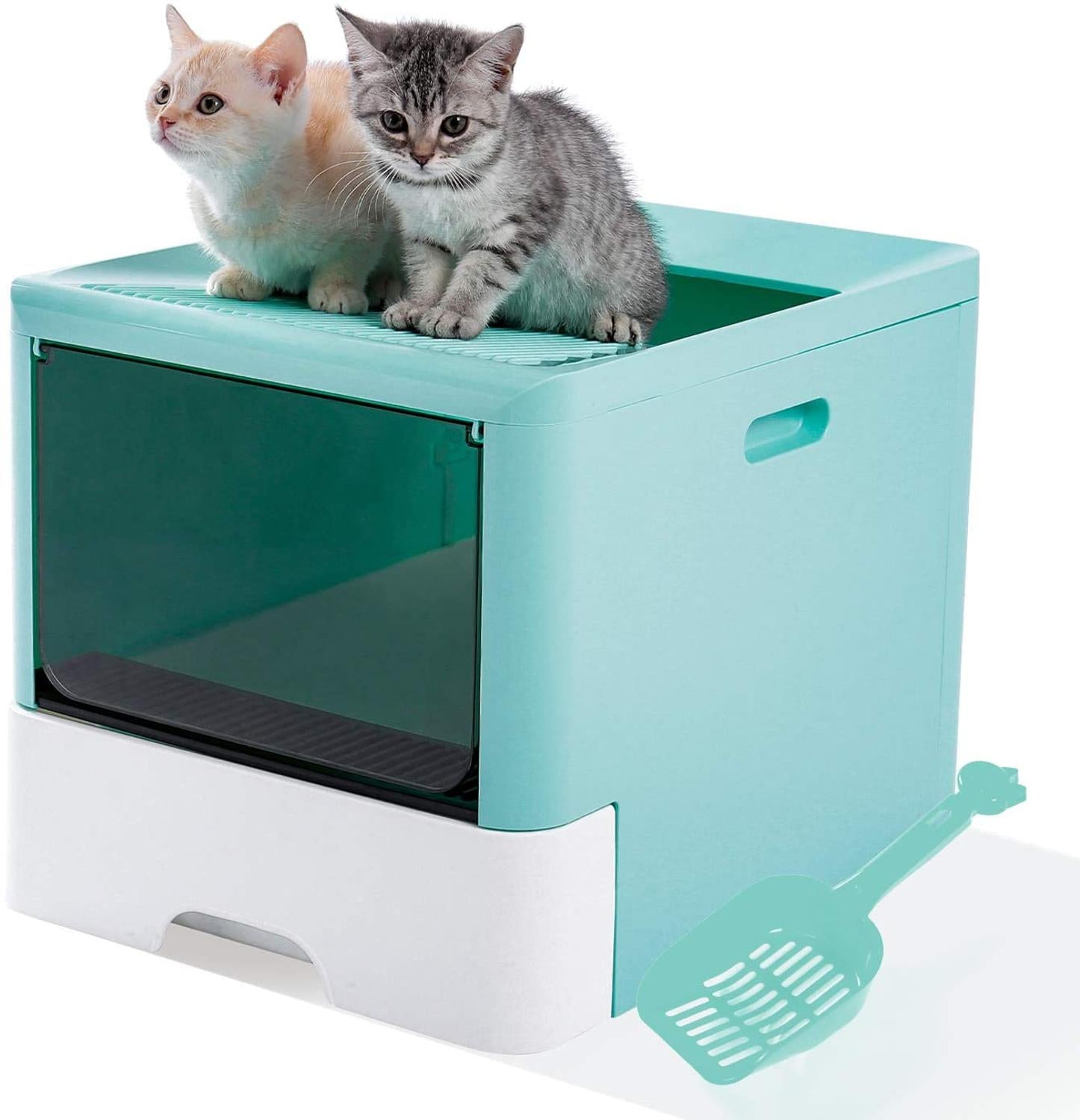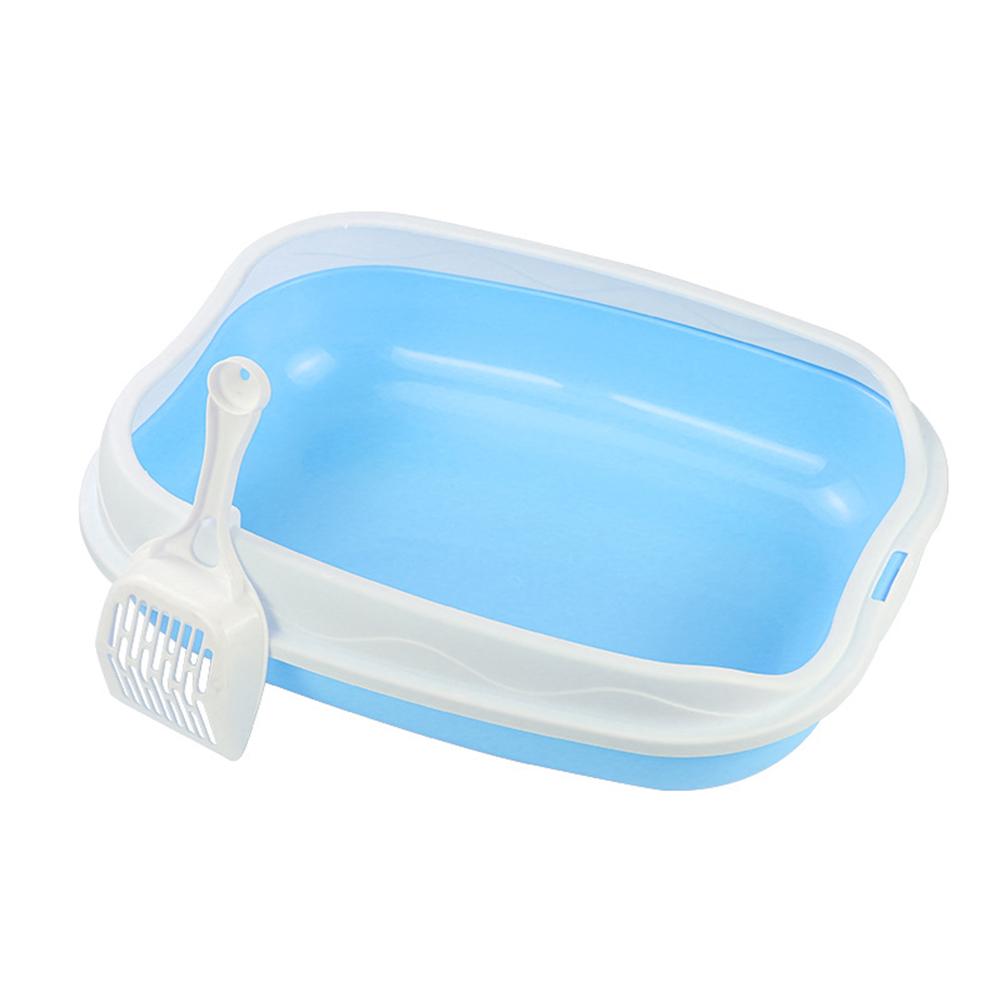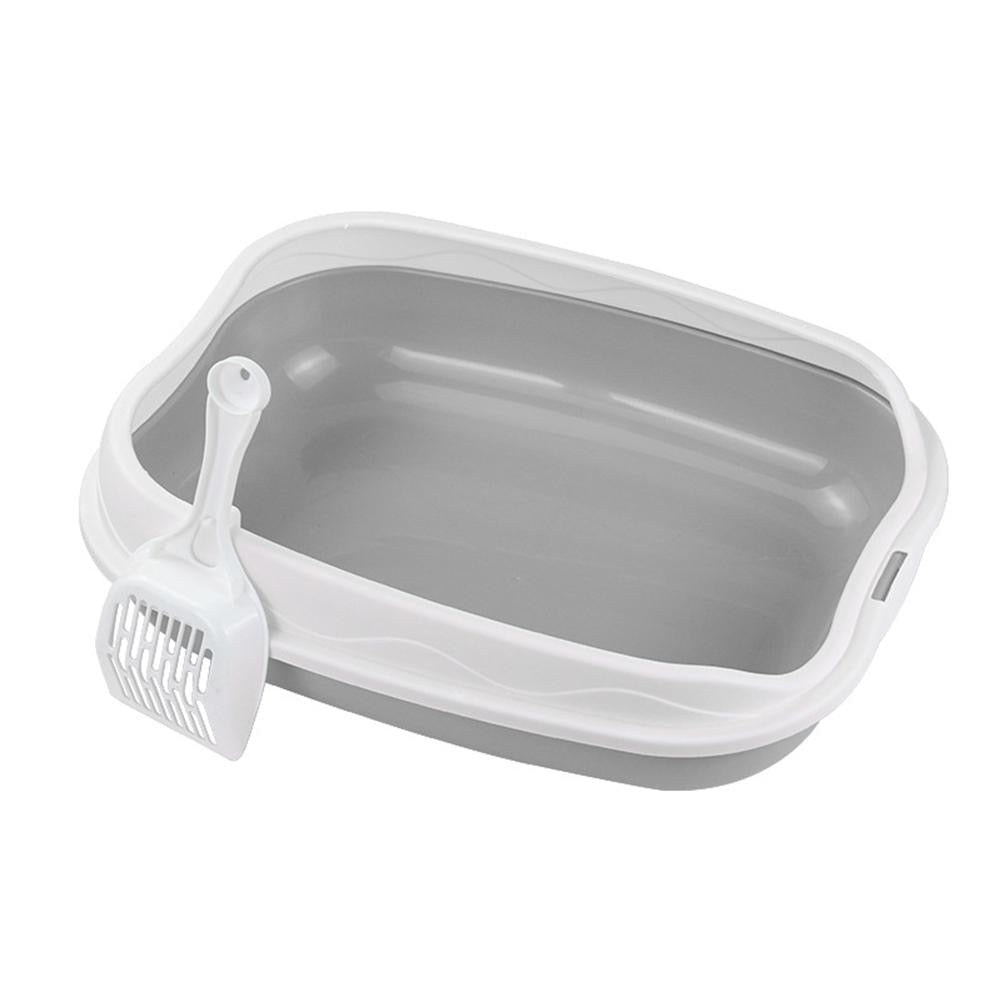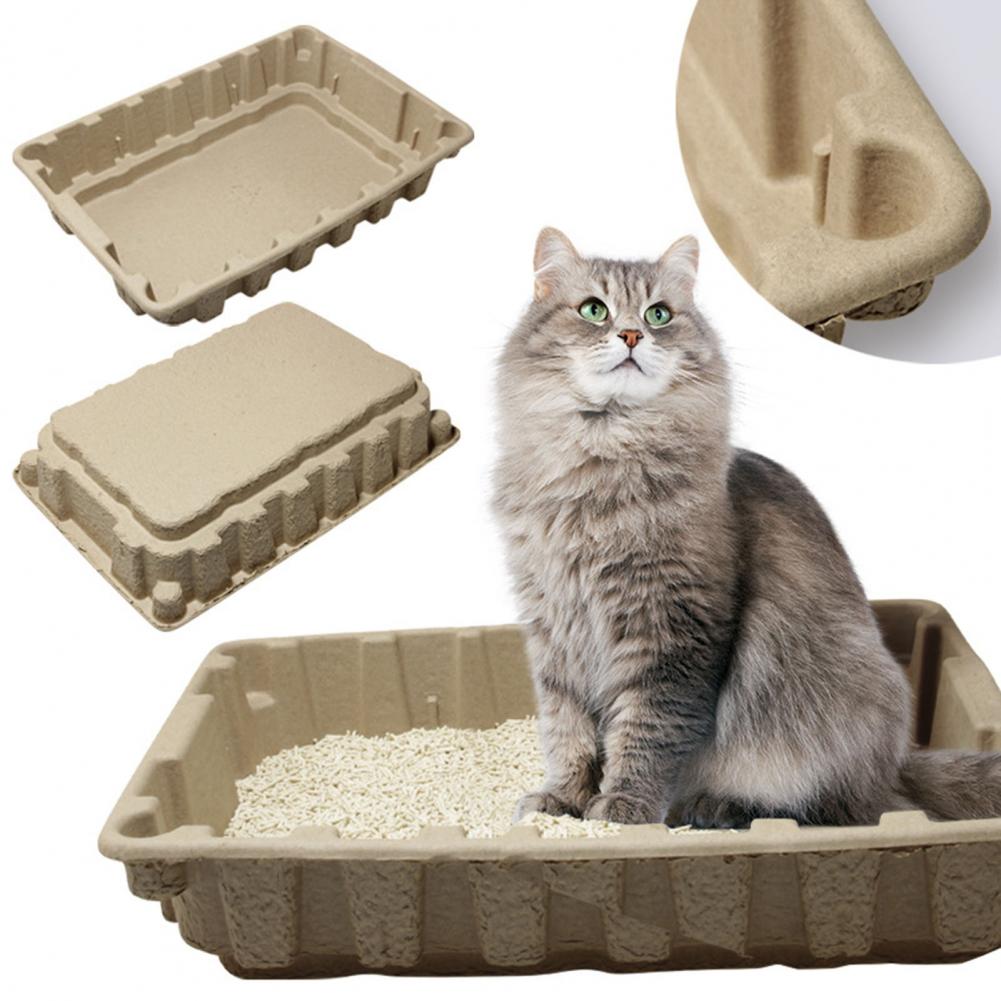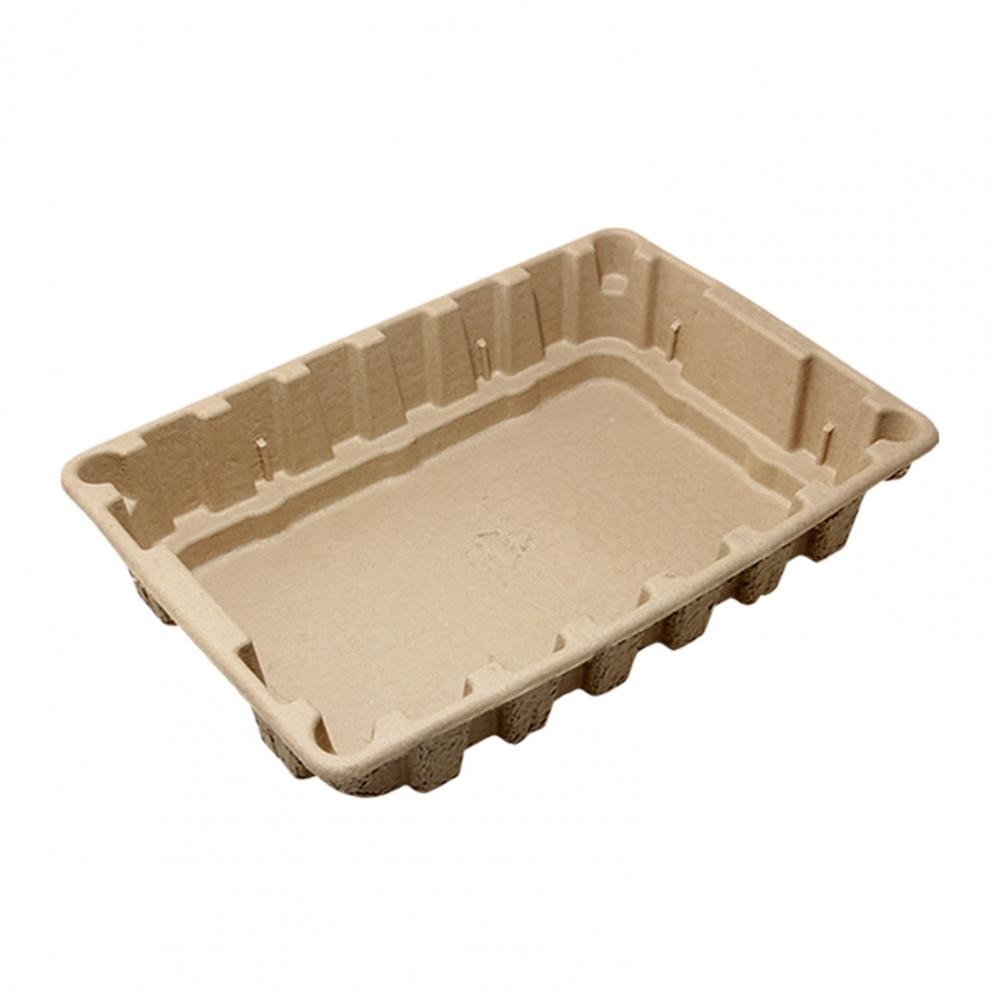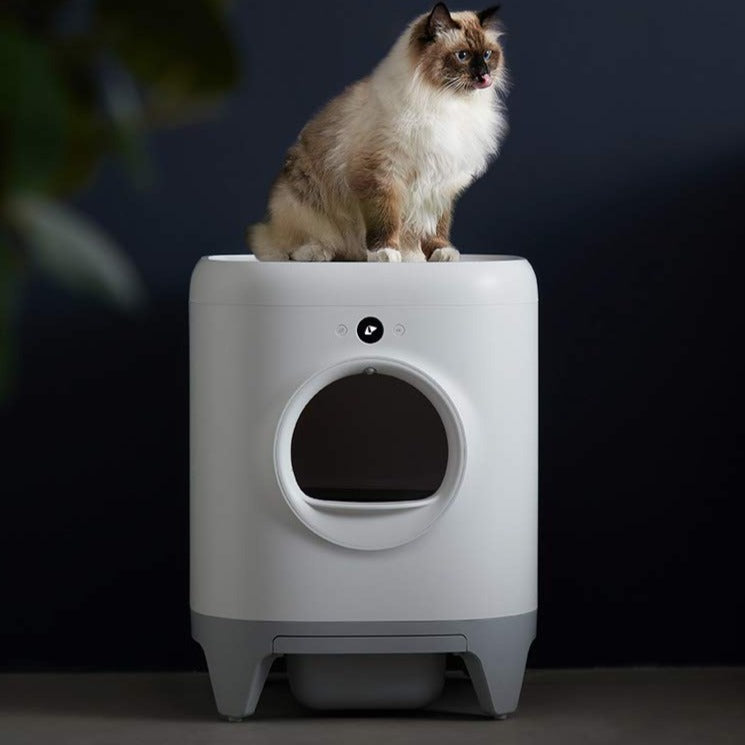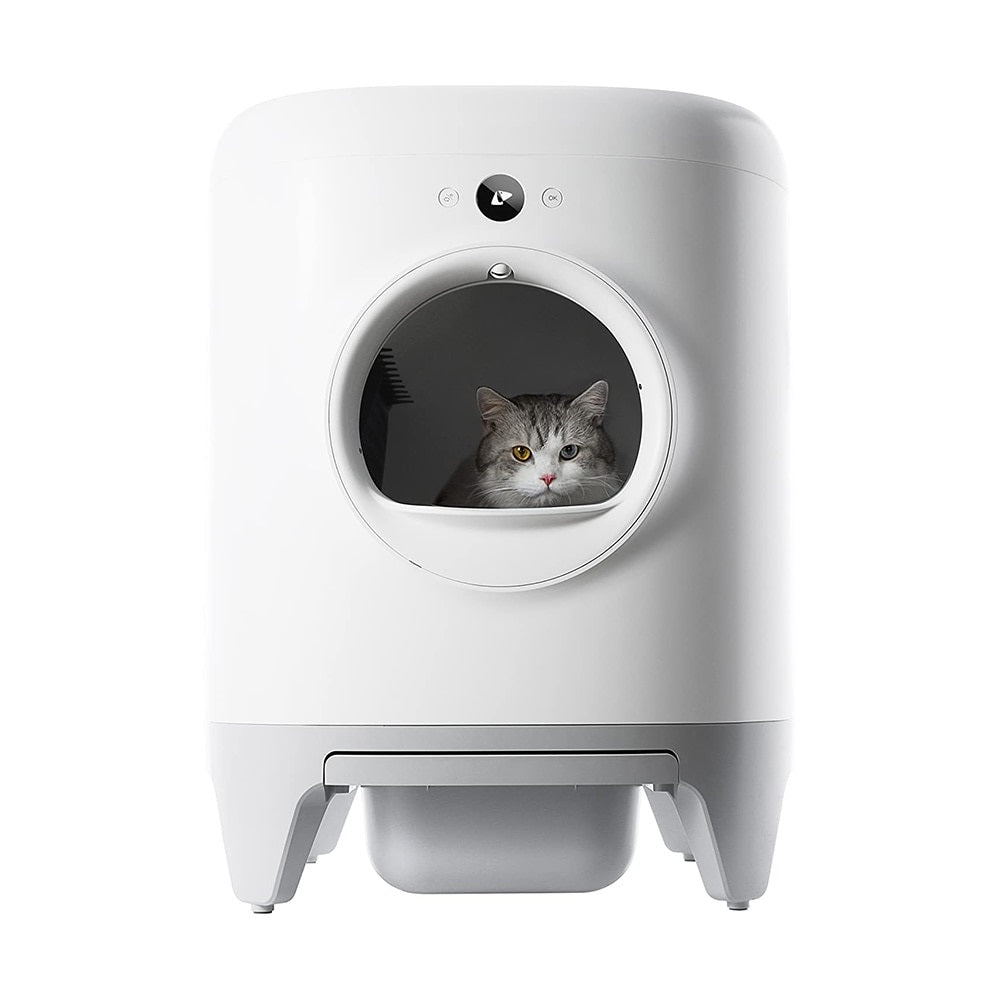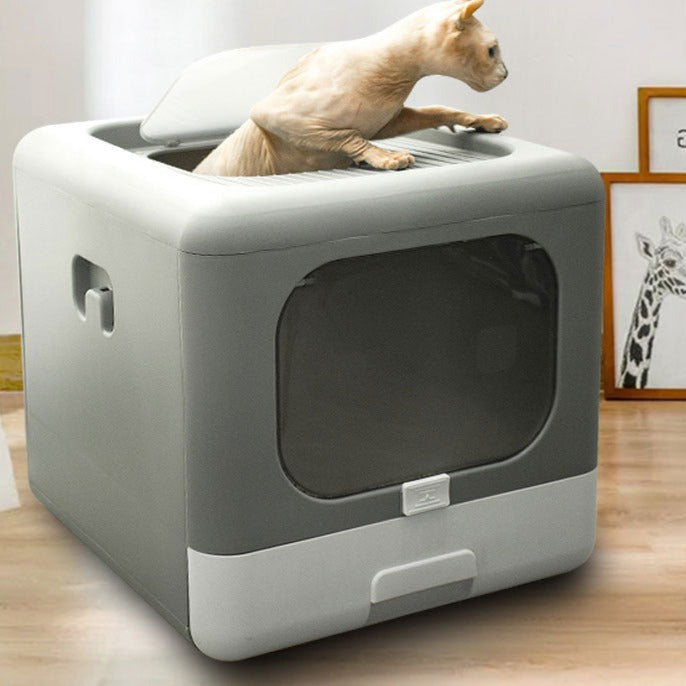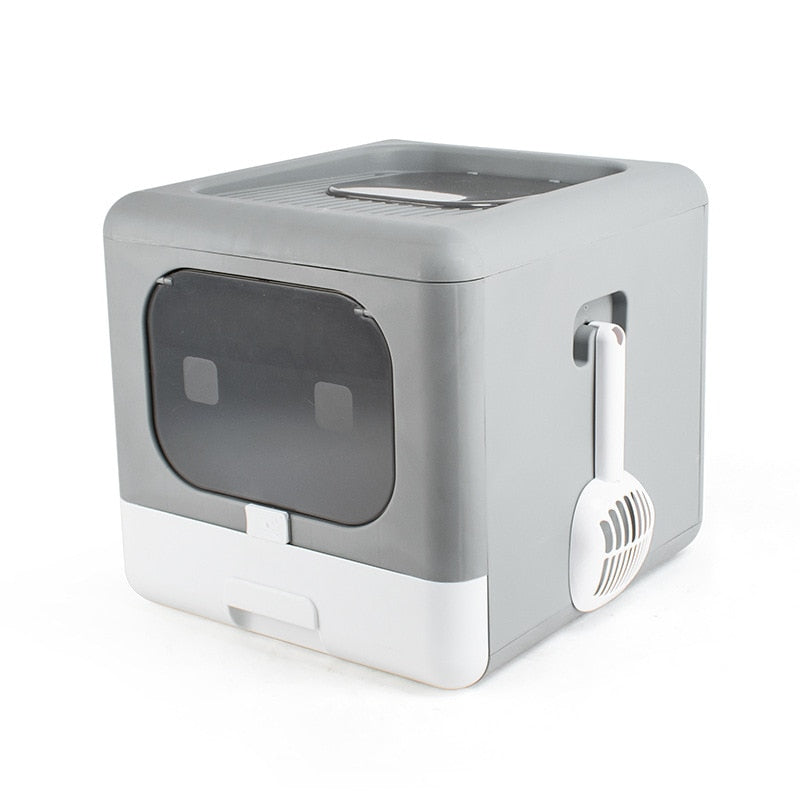Cat Poisoning - How to identify it and react?

Cat Poisoning - How to identify it and react?

Cats live surrounded by foreign elements inside and outside they can very quickly be exposed to elements which are toxic for them but quite harmless to humans.
What can be done to limit the risk of exposure to its dangerous elements and especially how to react and identify cases of intoxication and poisoning of our hairballs? Unfortunate accidents can happen at any time, and everything will then be based on your knowledge of the subject to be able to deal with them.
Find here everything you need to know to effectively manage cases of poisoning in your little feline: from warning signs to first aid, through the causes and means of prevention.
Symptoms of intoxication and poisoning: Warning signs in cats
In case of intoxication or poisoning in cats, you should know that some symptoms may vary depending on the responsible toxin or the way it was contracted. However, there are some notorious signs that do not lie. The most commonly observed warning signs are digestive, respiratory and psychomotor.
Among the symptoms, you will observe in the cat:
- Intestinal disorders which give the cat diarrhea and vomiting,
- Strong thirst,
- Frequent urination, with the urine turning dark brown,
- Difficulty in breathing,
- A more or less severe cough with salivation,
- disorders of psychomotor including, loss of balance, muscle weakness, blurred vision,
- convulsions,
- fever accompanied by sobs and bells,
- he has bloodin thestool.
First aid and what to do in case of poisoning?
In terms of health, we must act without delay because the first steps save. When you have noticed or even have doubts about signs of poisoning in your hairball, if you are not an expert in feline health, the best reaction to have is to contact a veterinarian.
Immediately call your veterinarian, or an animal poison control center, or a veterinarian on call if you find it overnight or on weekends.
(If you are currently in this case, do not read further call a vet immediately)
However, quickly before going to the vet or on your way there or while waiting for it to arrive, there are possible actions to be taken. conduct to detect the causes of intoxication and better inform the veterinarian in order to refine his diagnosis.
Look at its close environment to see the remains of a possible product or food, and if necessary, determine approximately the quantity ingested then
What are the main causes of poisoning in cats?
Cleanliness freaks, our feline friends like to lick their bodies, which is how they ingest a good number of products with which they have had contact. But the risk of intoxication can, of course, appear with elements that he would have consumed. Poisoning in cats is therefore of various origins:
- Food: Here, the cat has consumed products common in human food but unsuitable for its digestive system such as avocados, chewing gum, chocolate, potatoes, onions and grapes .
- Medicated: Not all of our medications that we use frequently at home are appropriate for our 4-legged companion. These are aspirin, anti-inflammatory, anxiolytic and paracetamol.
- Housewife: The chemical compounds in household products are toxic to cats. Antifreeze, bleach, detergent, pest control, souricide and rat poison should be kept at a safe distance.
- Plant: The cat is essentially carnivorous. Plants (conifers, crocuses, mistletoe, holly, daffodils, lilies, lily of the valley, poinsettia, etc.) or derived products (essential oils) are toxic to it.
How to prevent cat poisoning?
First of all, you need to understand that the cat is known to be wary and cautious. Nature has also endowed him with a well-developed sense of smell and taste buds at the tip of his tongue to ensure that he does not consume products whose smell and taste already do not pass. So no need to panic because, in any case, you will not be able to eliminate all the potential risks of poisoning.
Now there are steps you can take at home and in your immediate vicinity to limit these risks and prevent poisoning in your cat. If you have poisonous plants in the garden, put a barrier around them or use a harmless repellent. Indoors, keep your household products in tightly closed cabinets and keep the cat away while you use them.
Are cats more sensitive than other pets?
Not at all ! The cat does not have a hypersensitivity to poisoning more than another domestic animal. It is true that there are breeds of cats that are more fragile and sensitive than others, and that the risks of poisoning increase depending on whether your cat is an indoor or outdoor animal and even more of his age.
But in general, if it is necessary to look at the sensitivity side compared to other pets, it is even the opposite that is more possible: cats are rather tough on the whole.
The natural poisonings of the cat are rare, the malicious acts less…
As we mentioned above, the cat is a wary and cautious animal, in particular towards the things which are foreign to it. In addition, he is a very intelligent animal: he is not going to pounce on the first toxic product he meets and get sick. This is the reason why natural cat poisonings are rare.
Most of the cases encountered could have been avoided because they are the result of predictable or malicious actions. This is the example of cases of voluntary stocking from toxic bait which are the most recurrent and the object of a neighbor near or far who does not appreciate cats. Unfortunately, there isn't much you can do about it.


